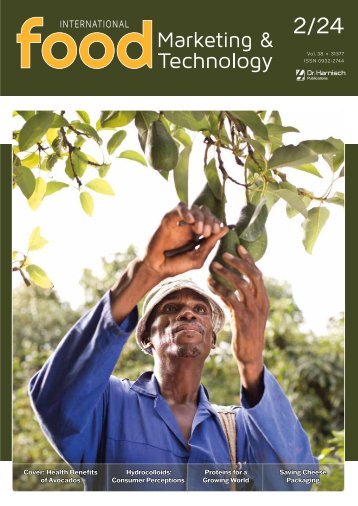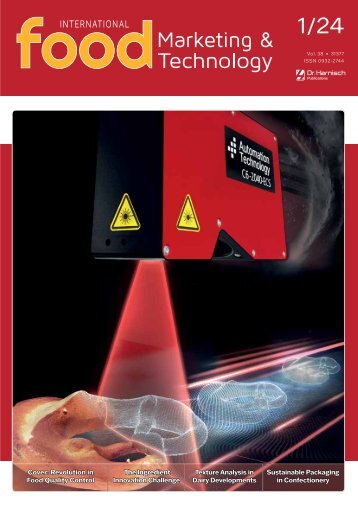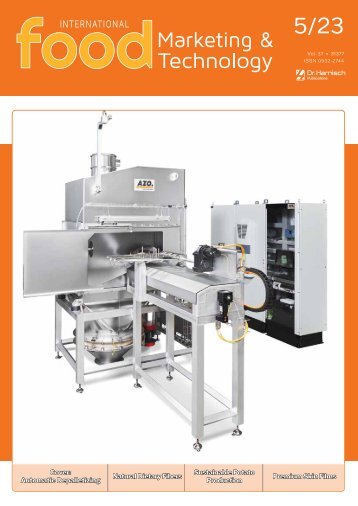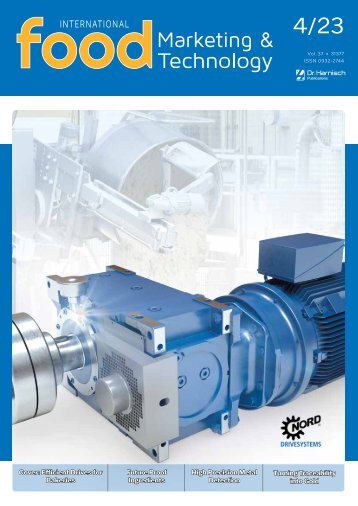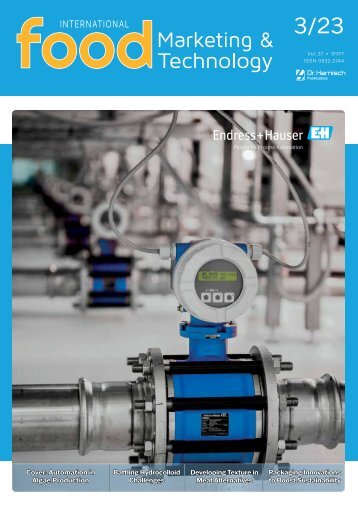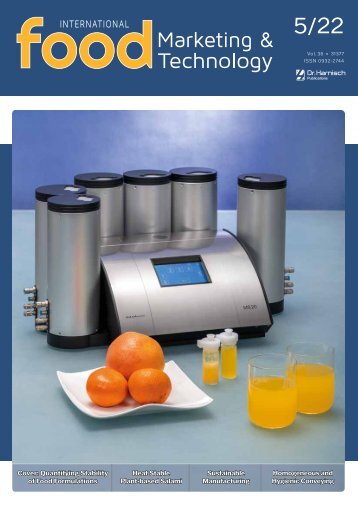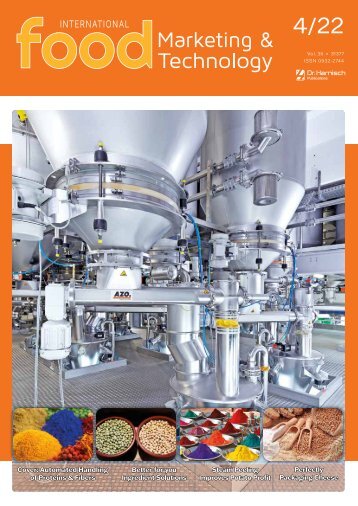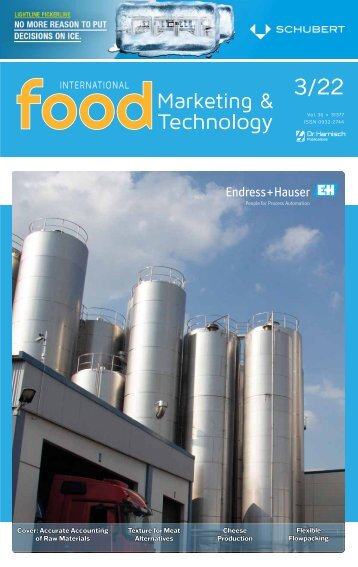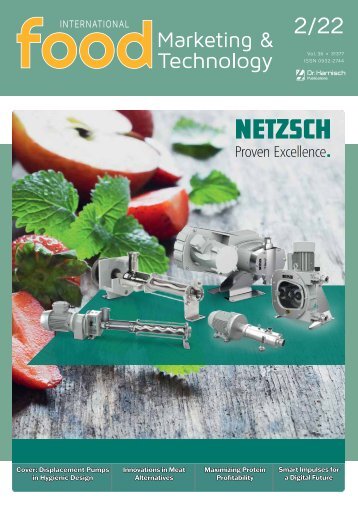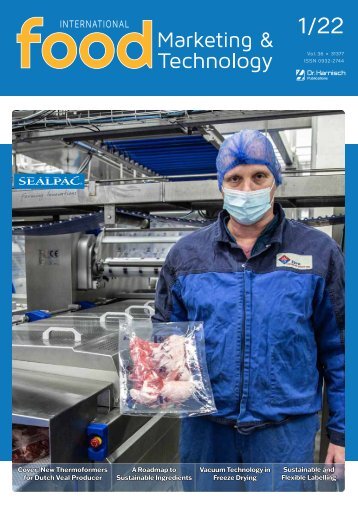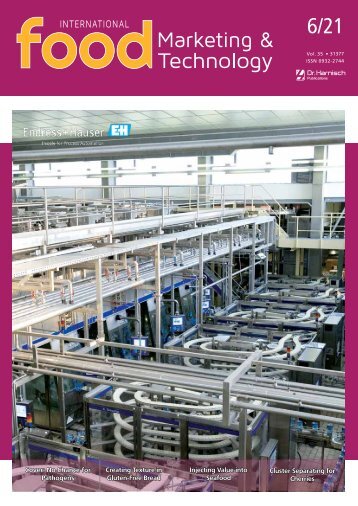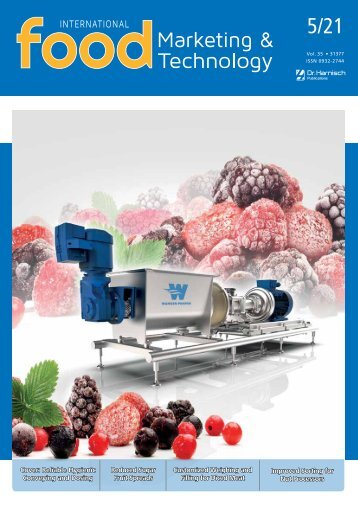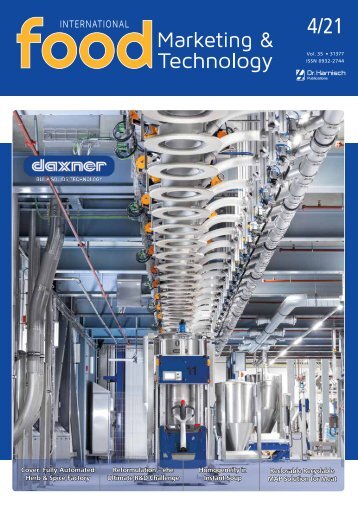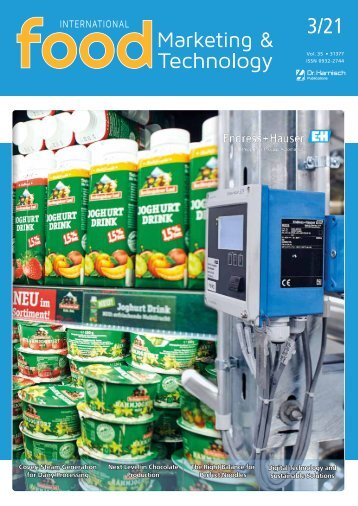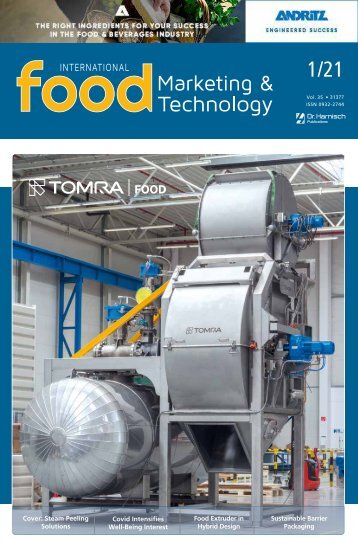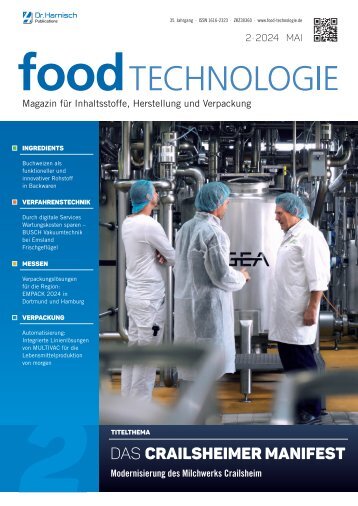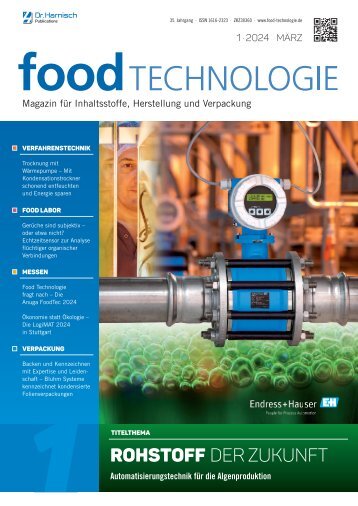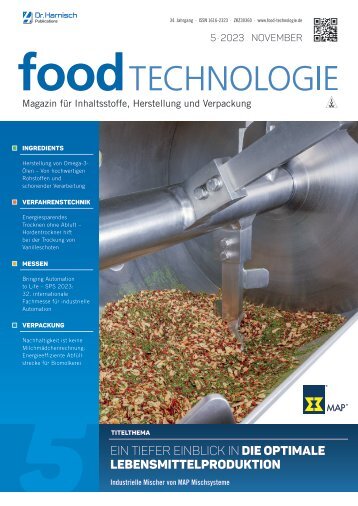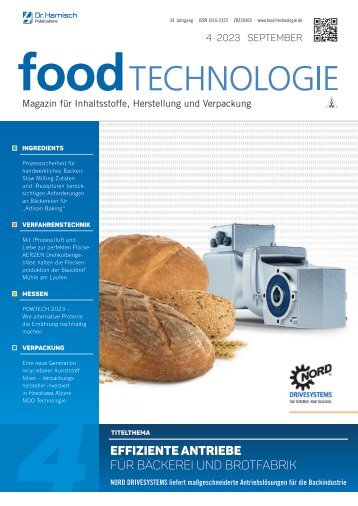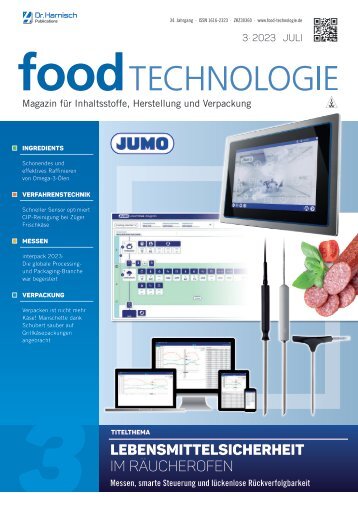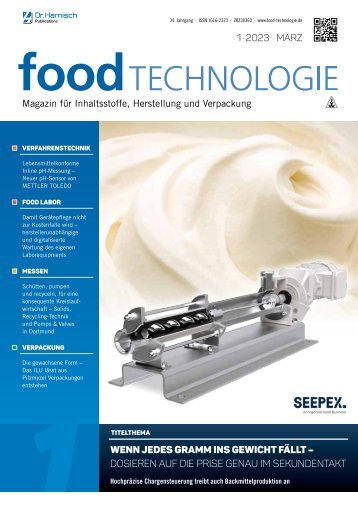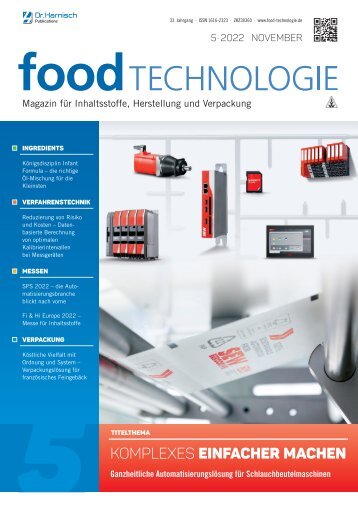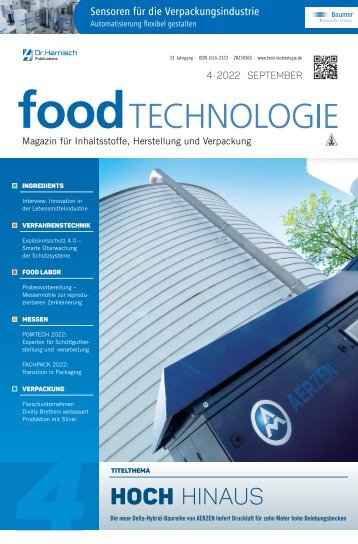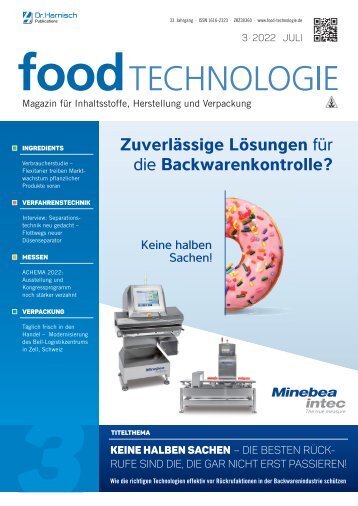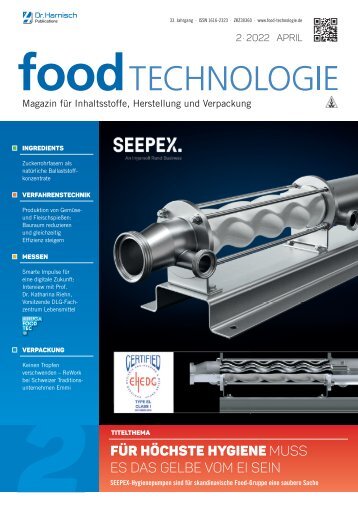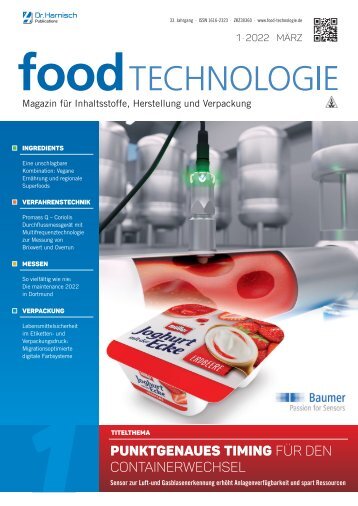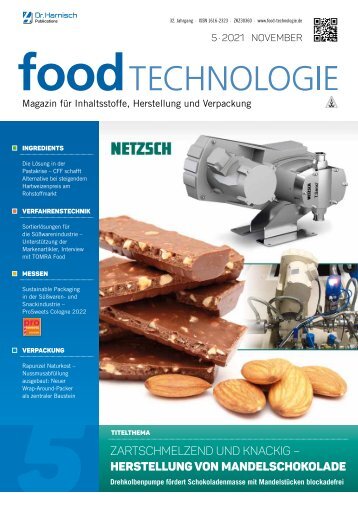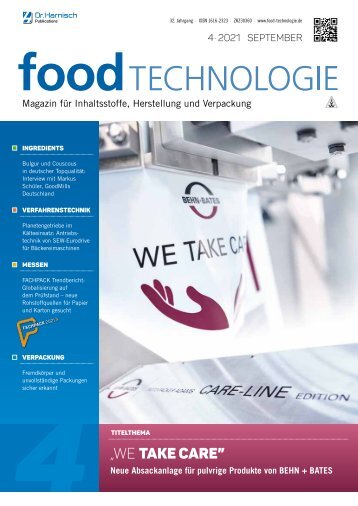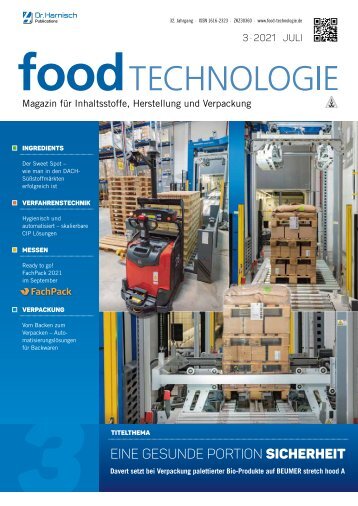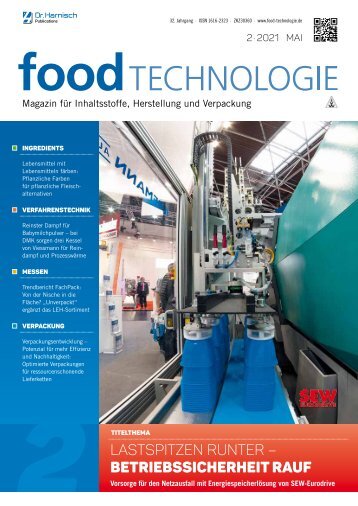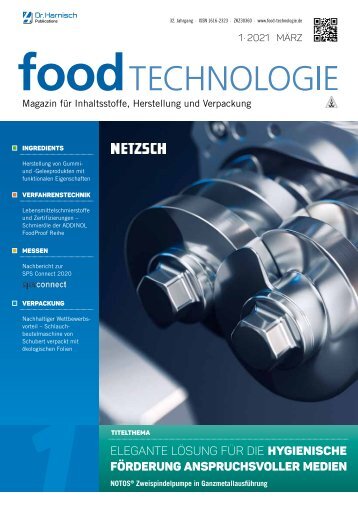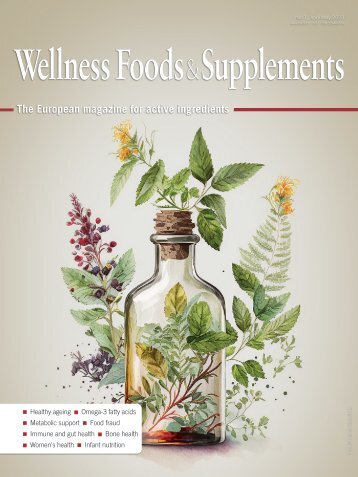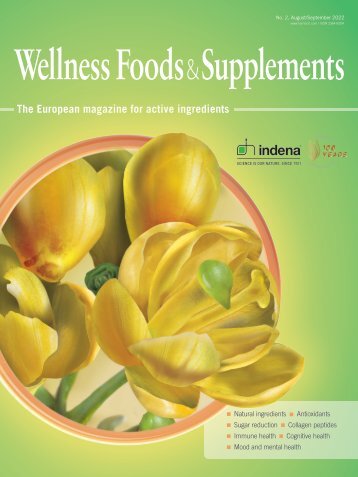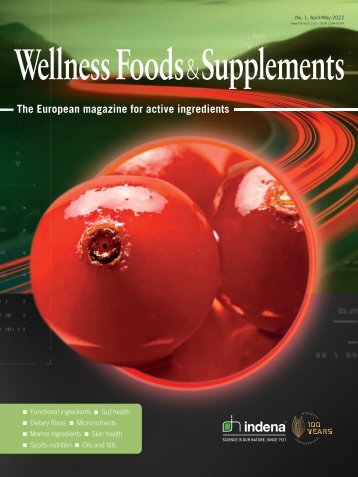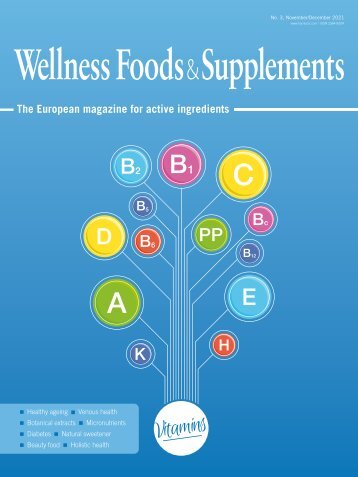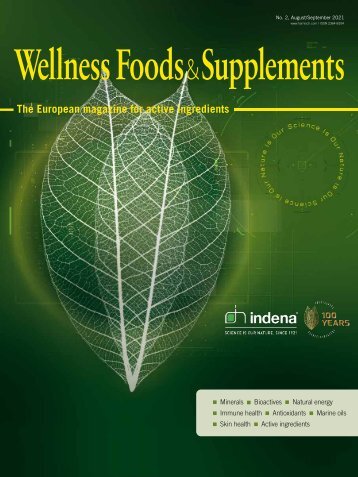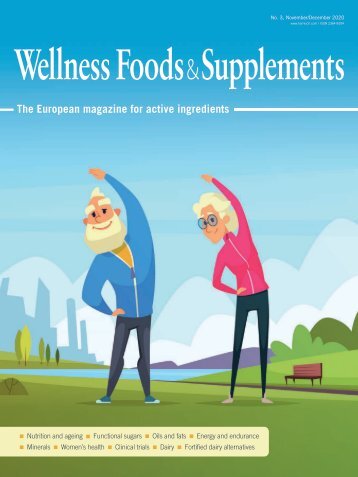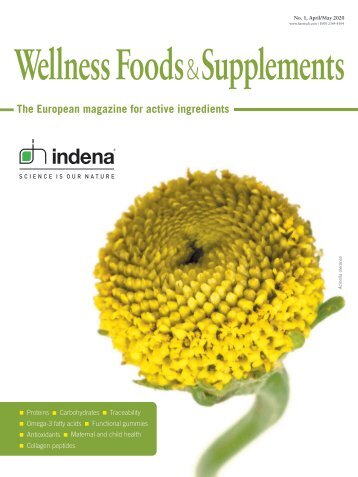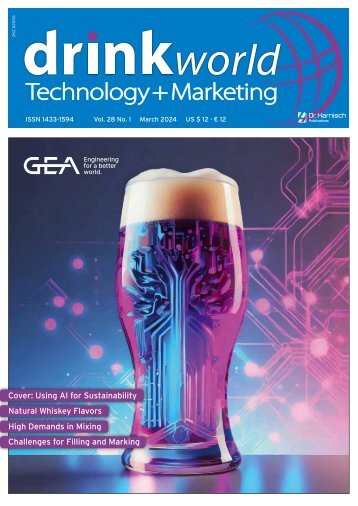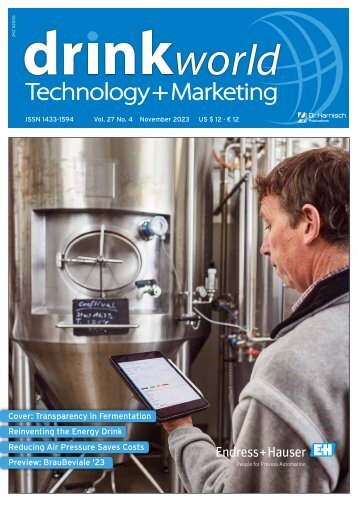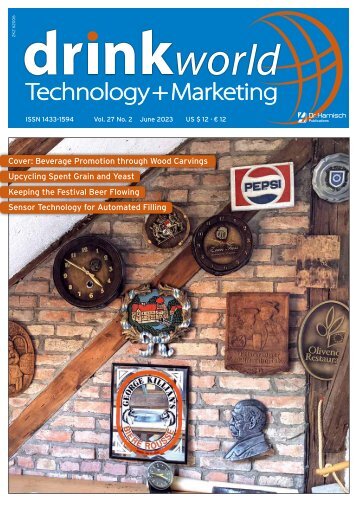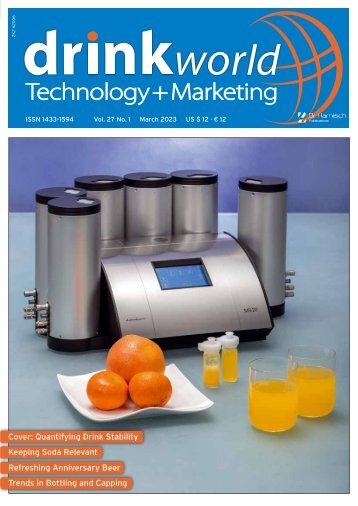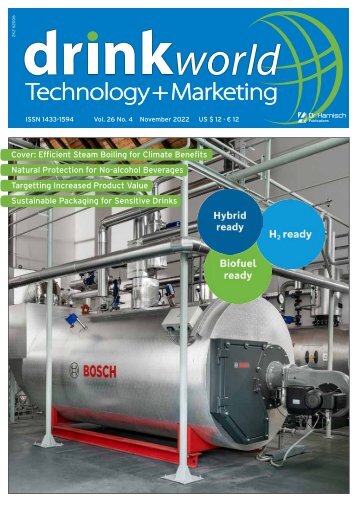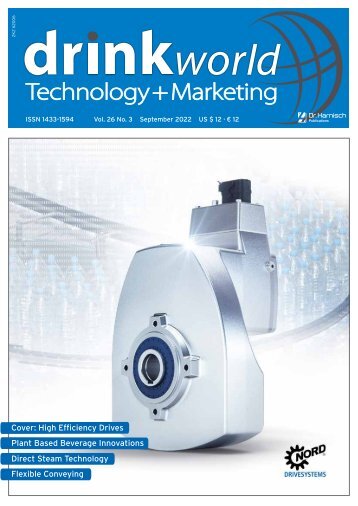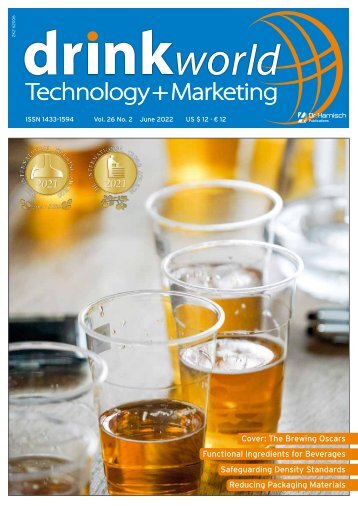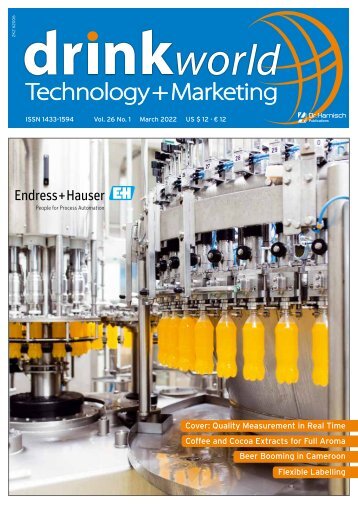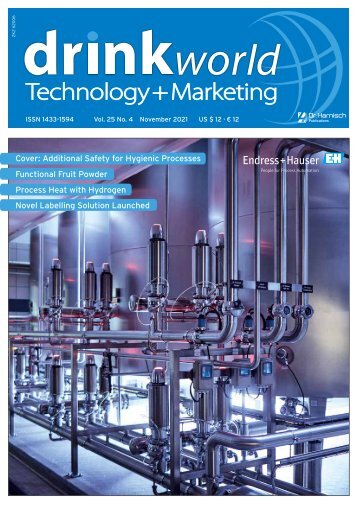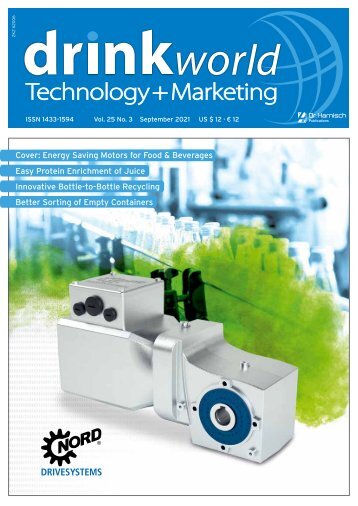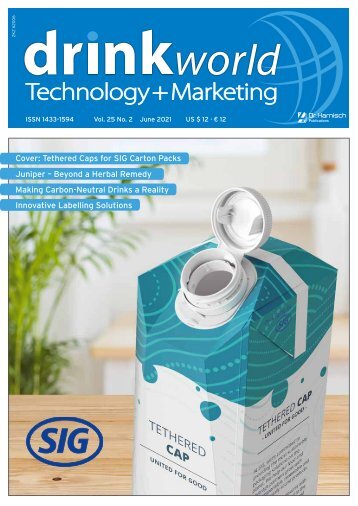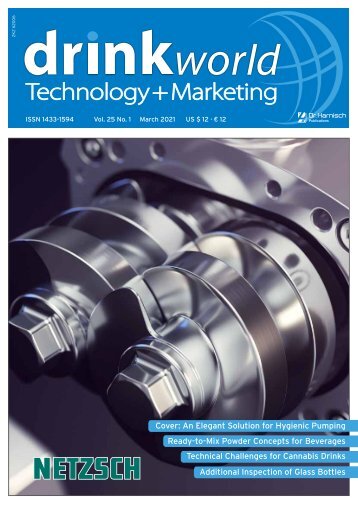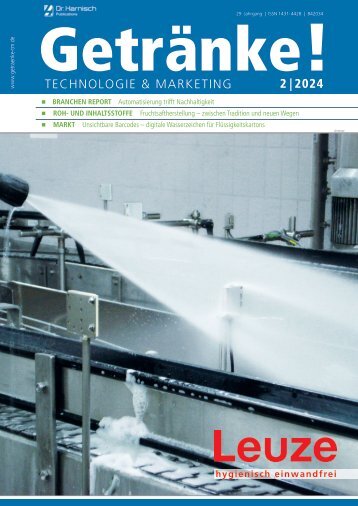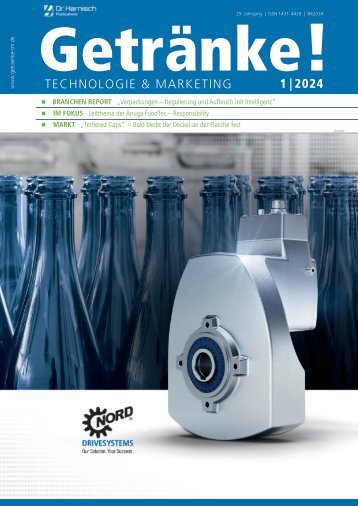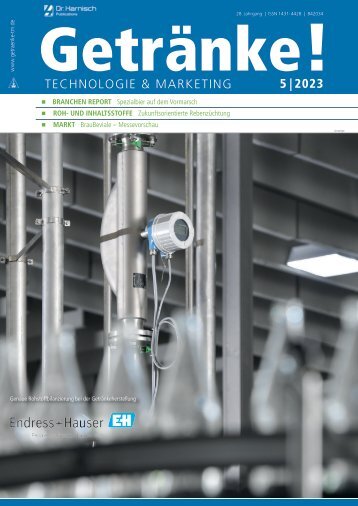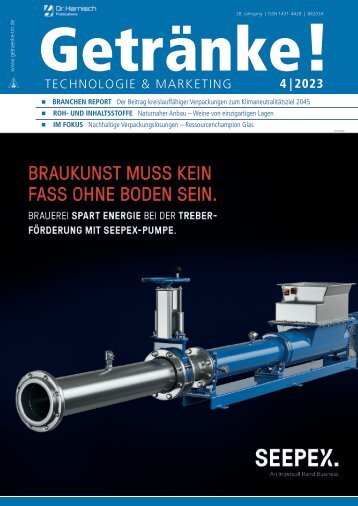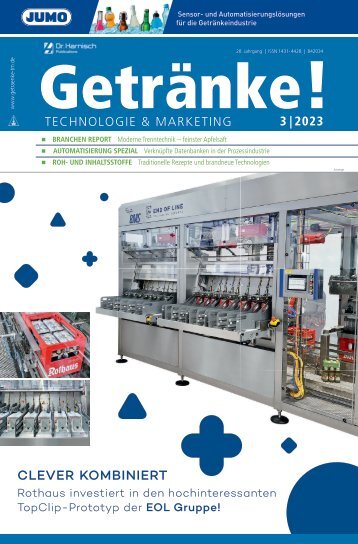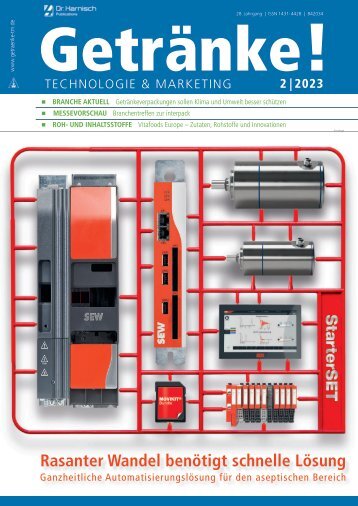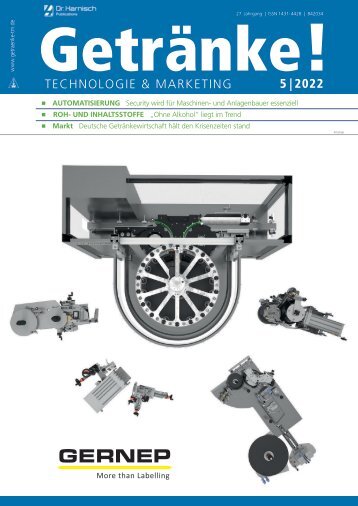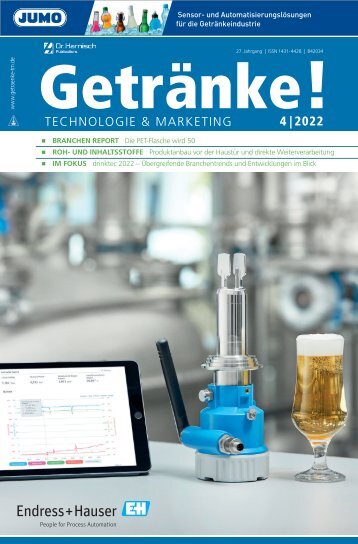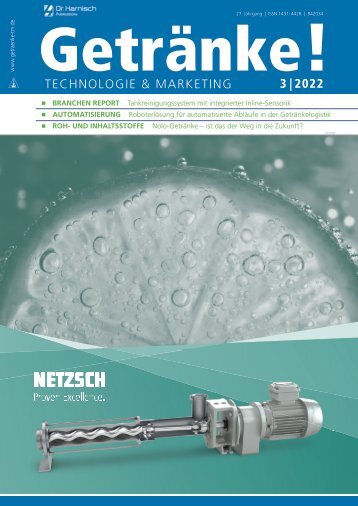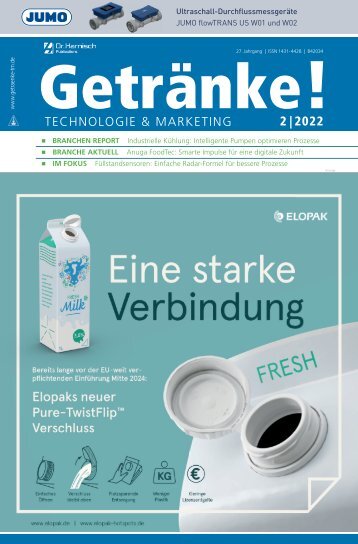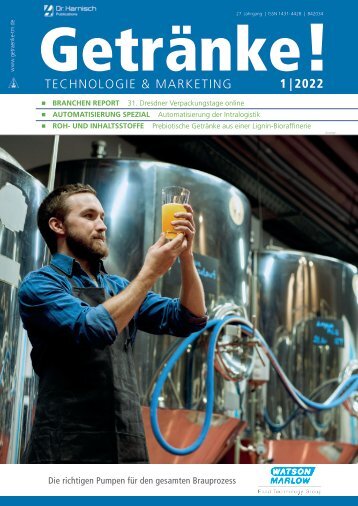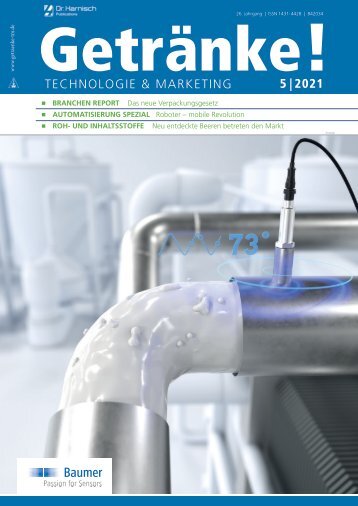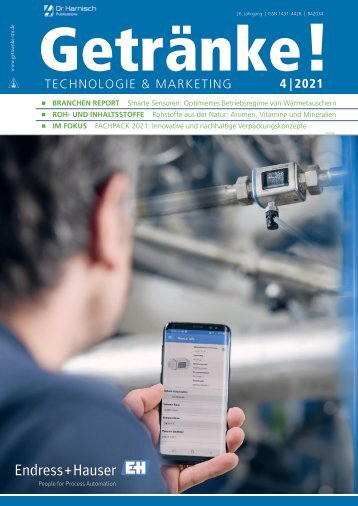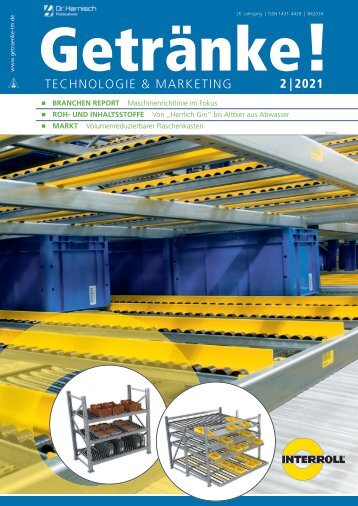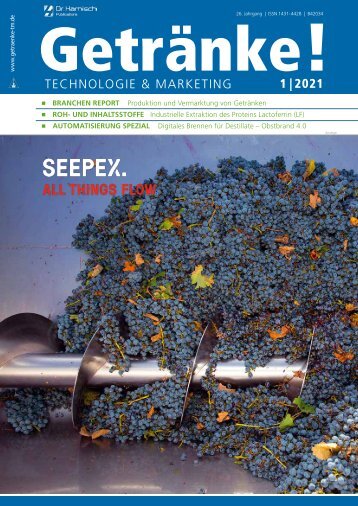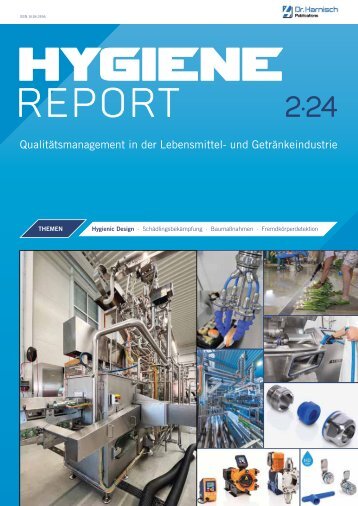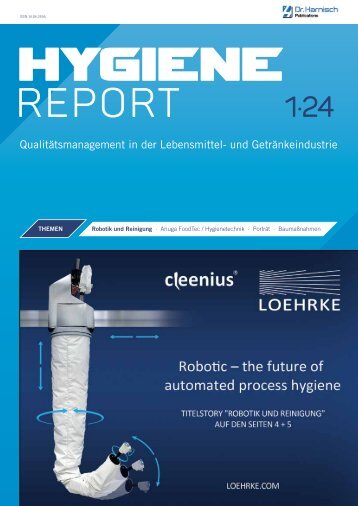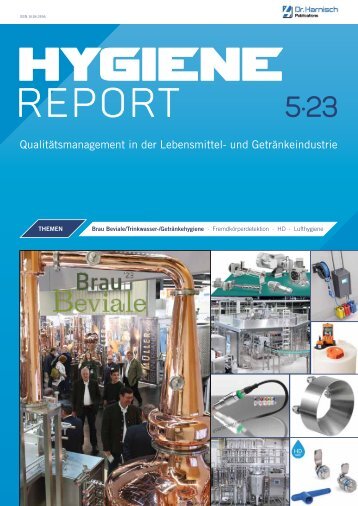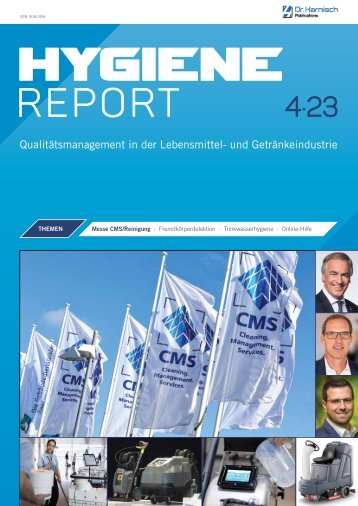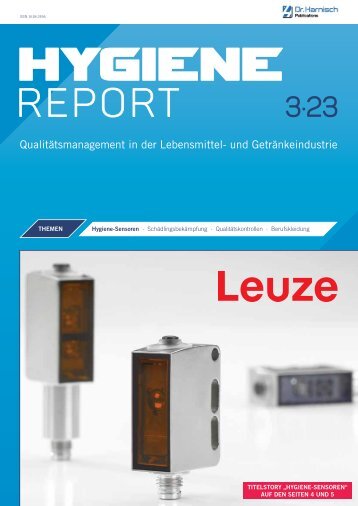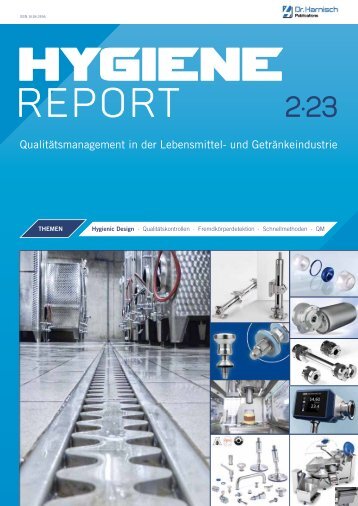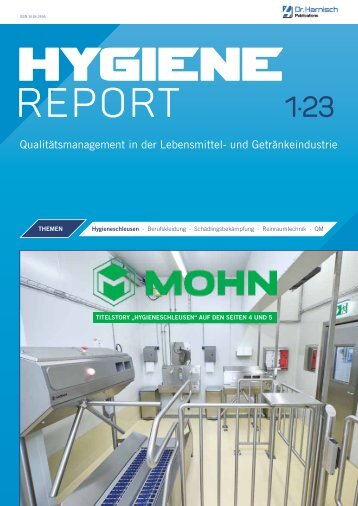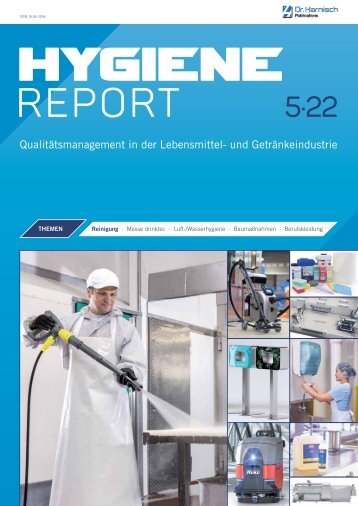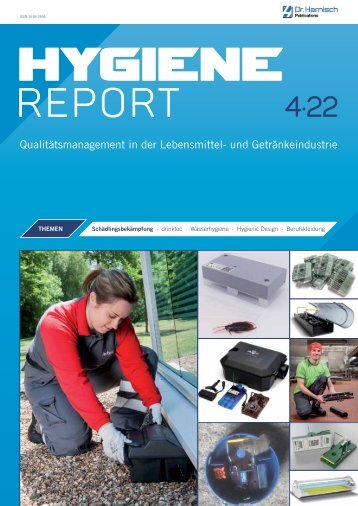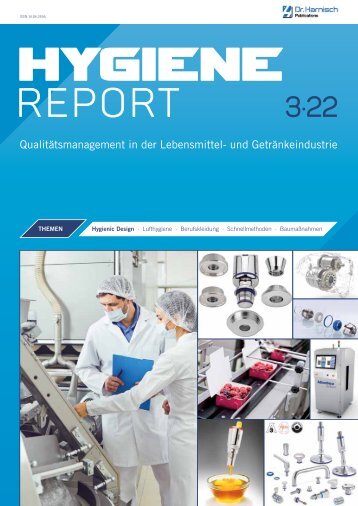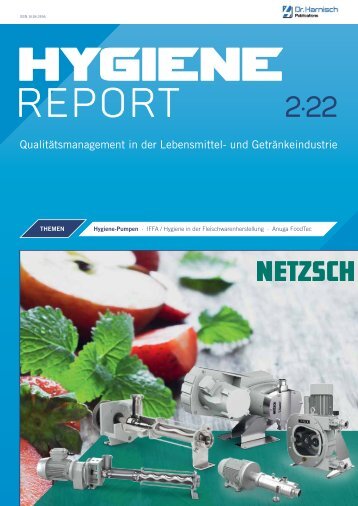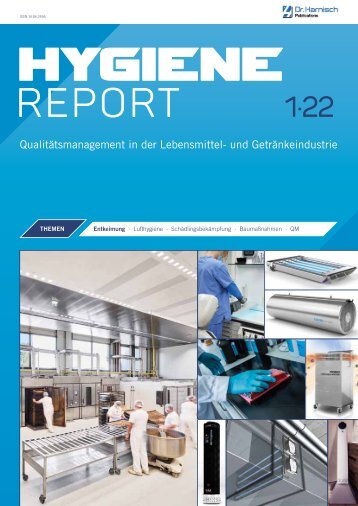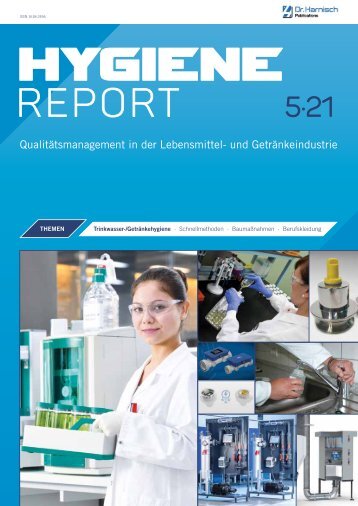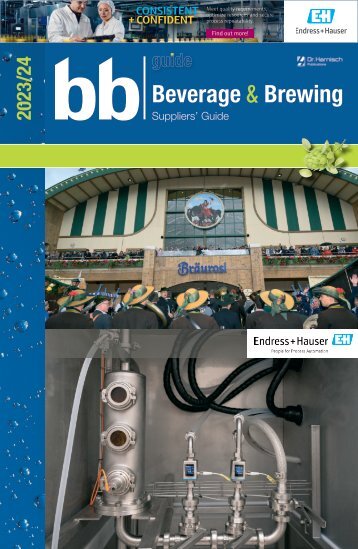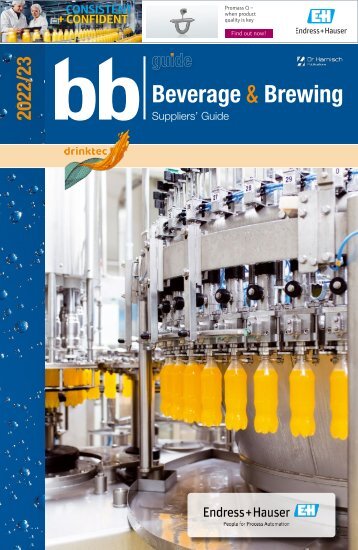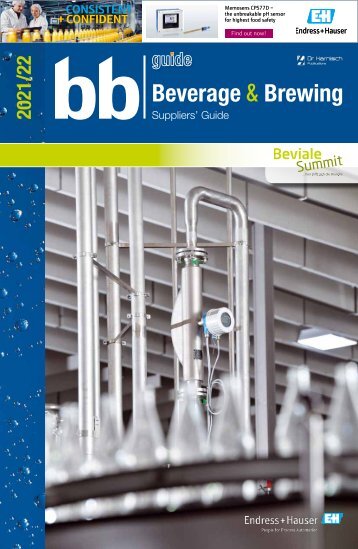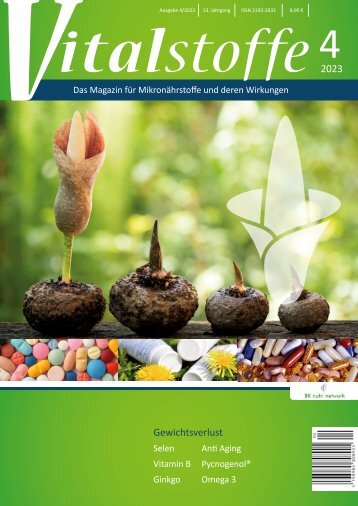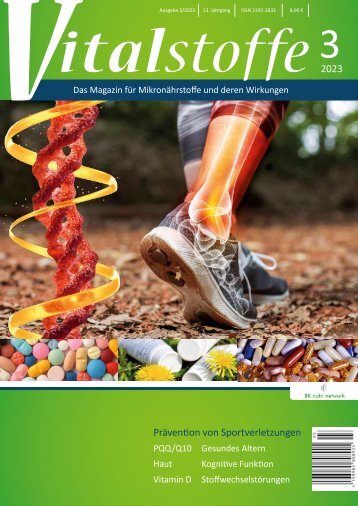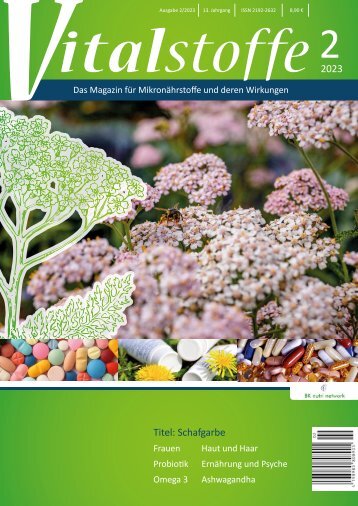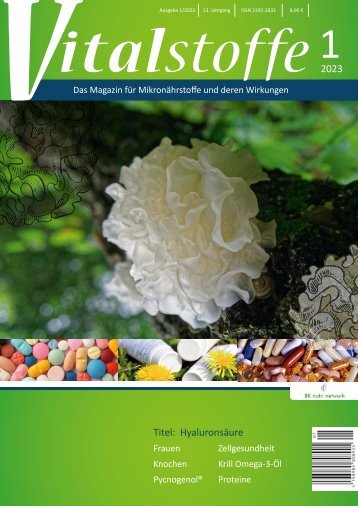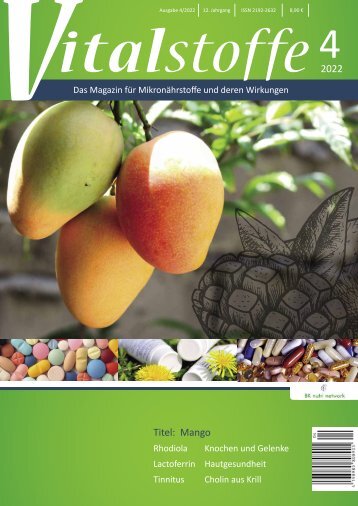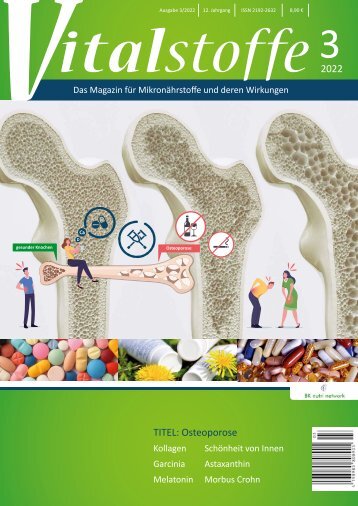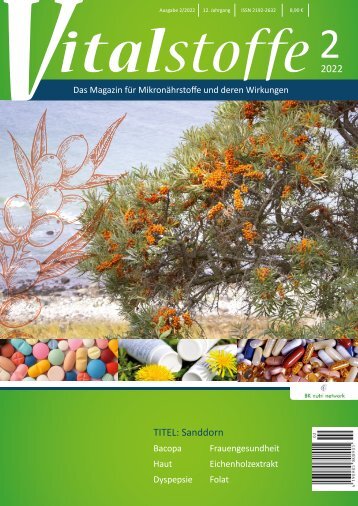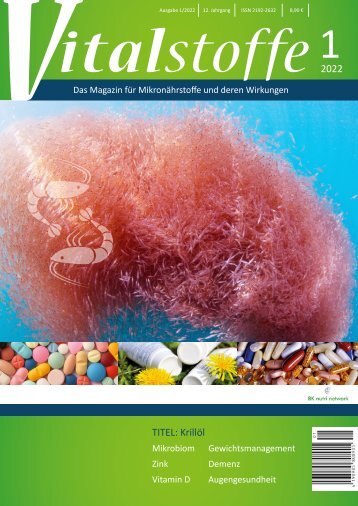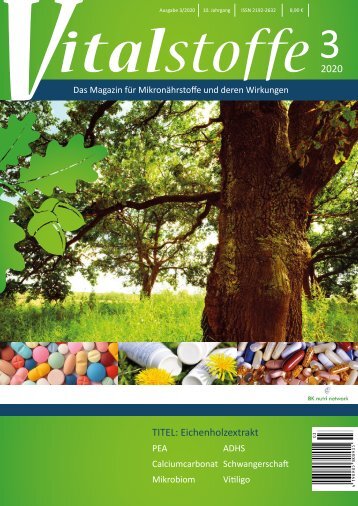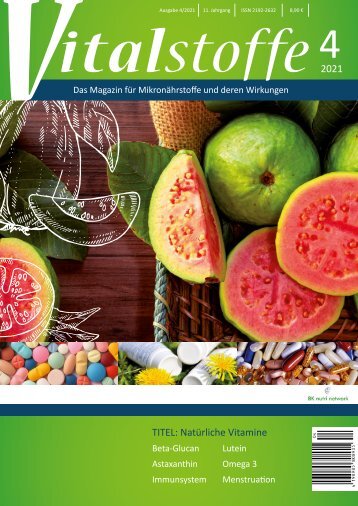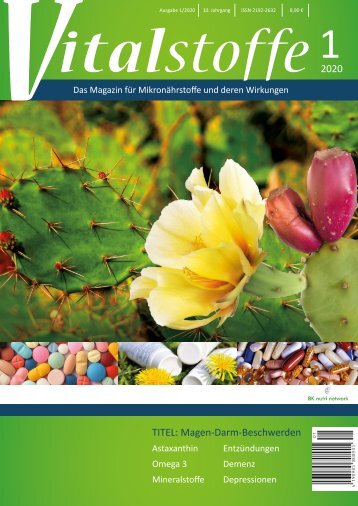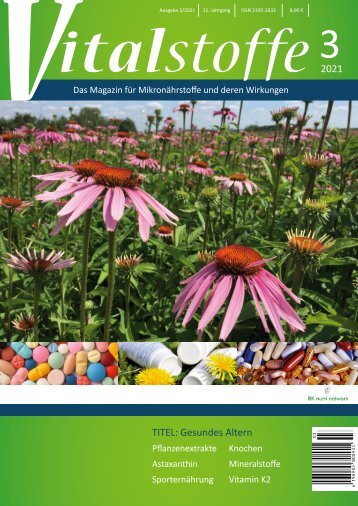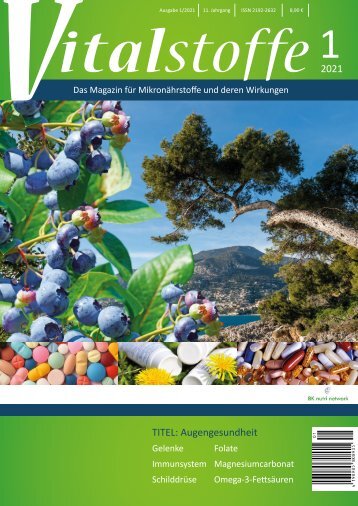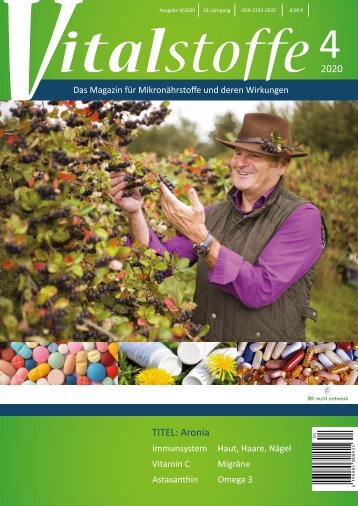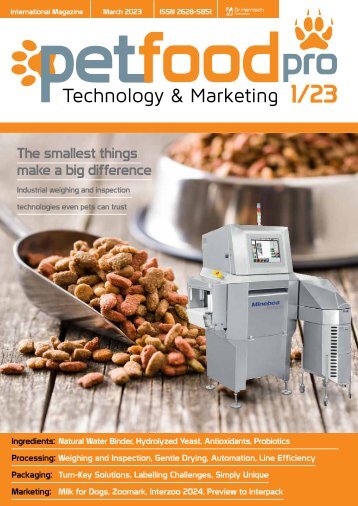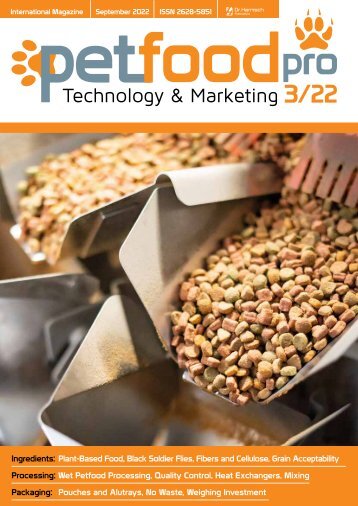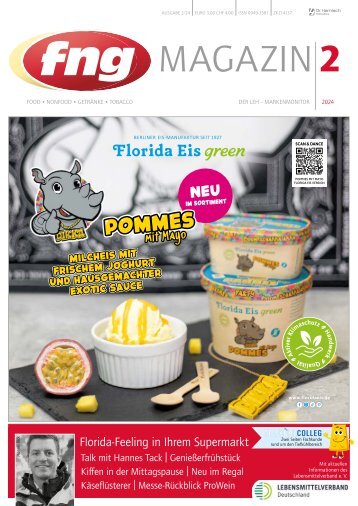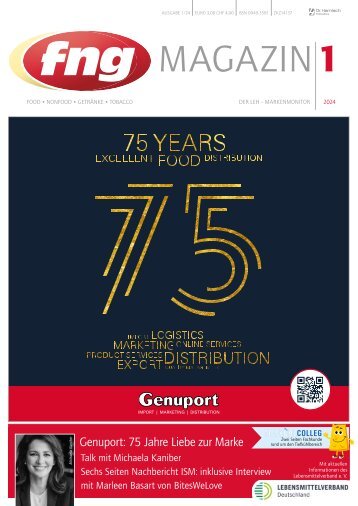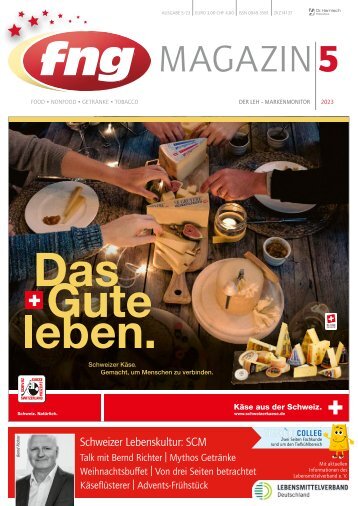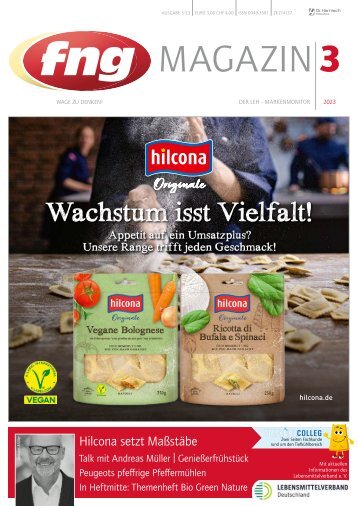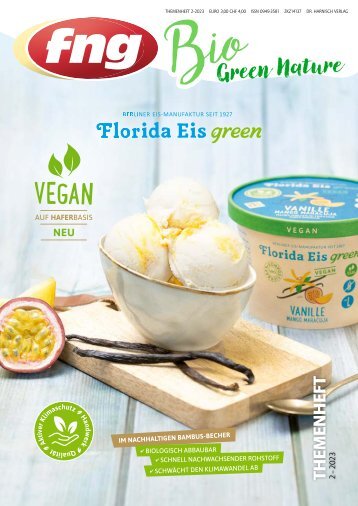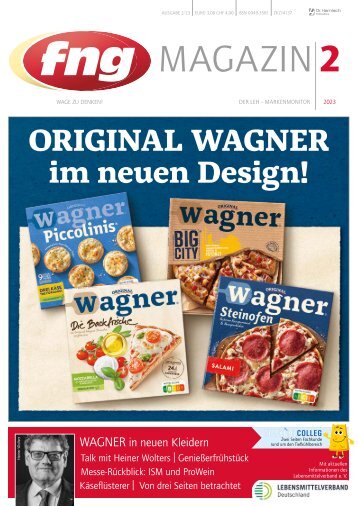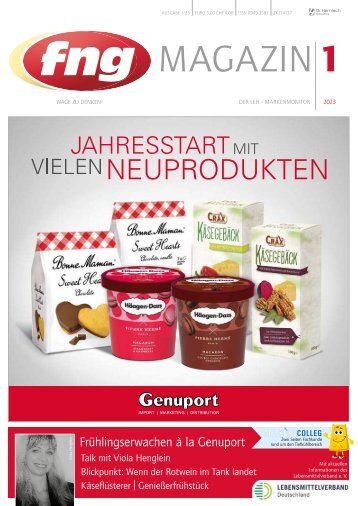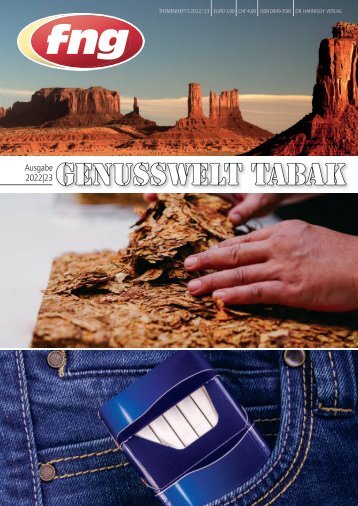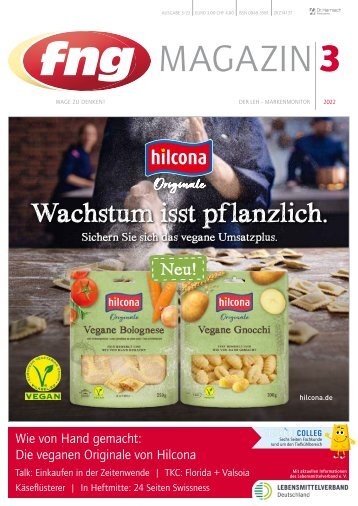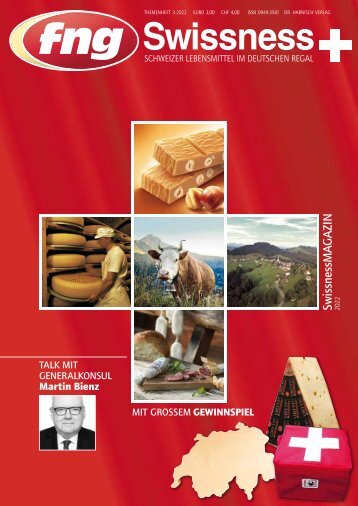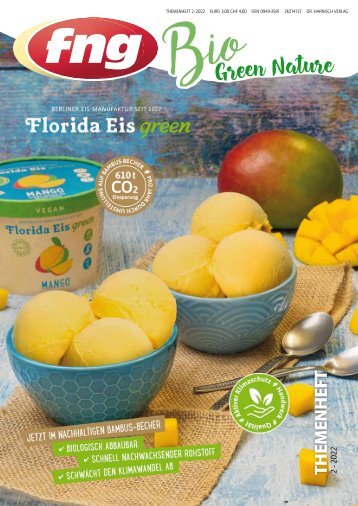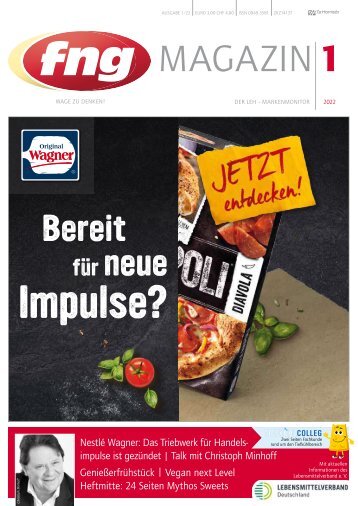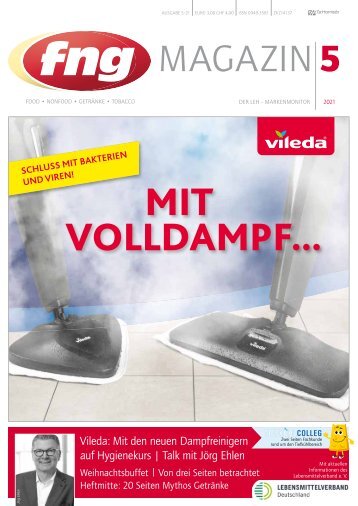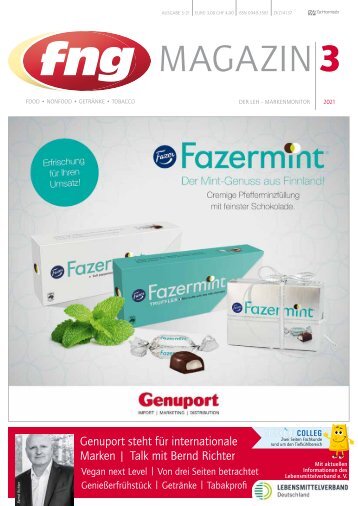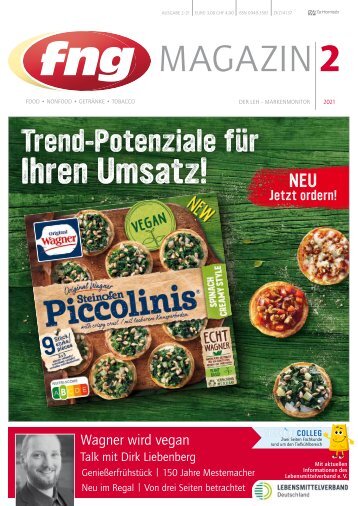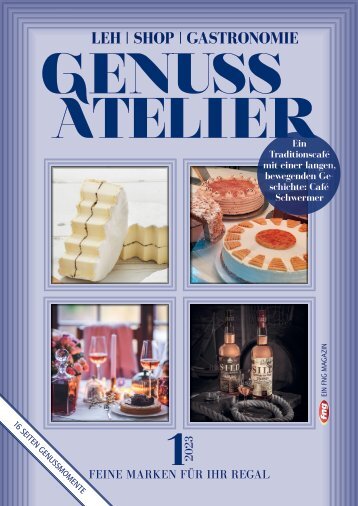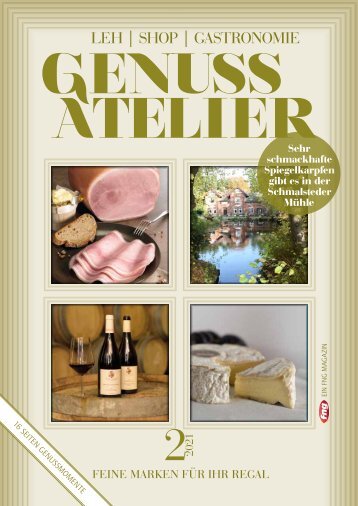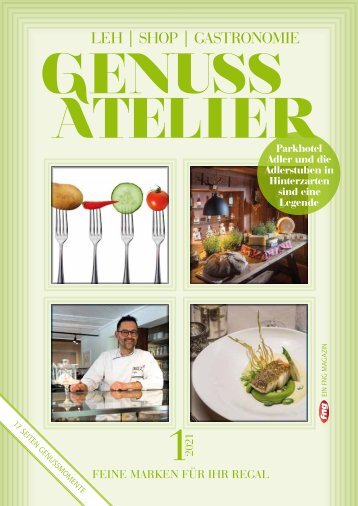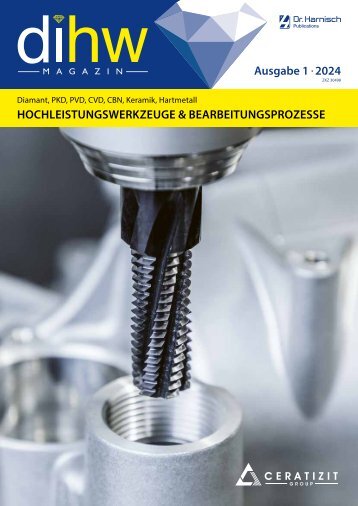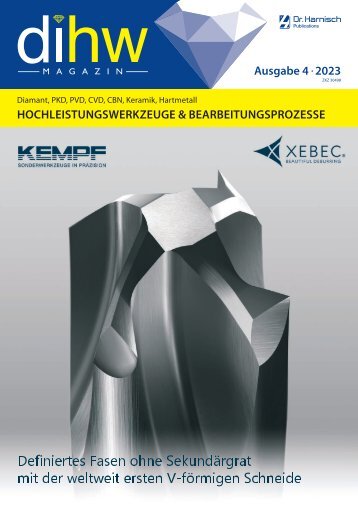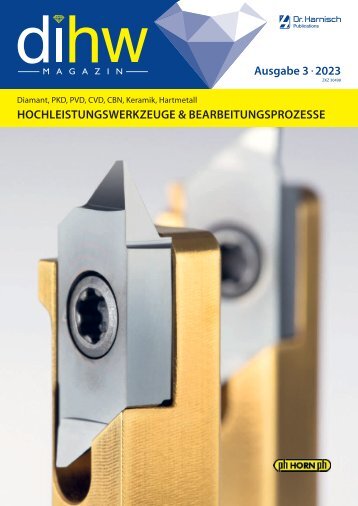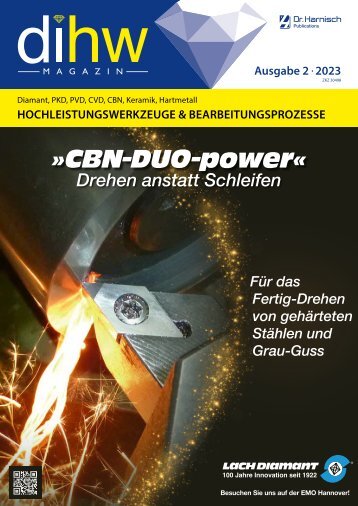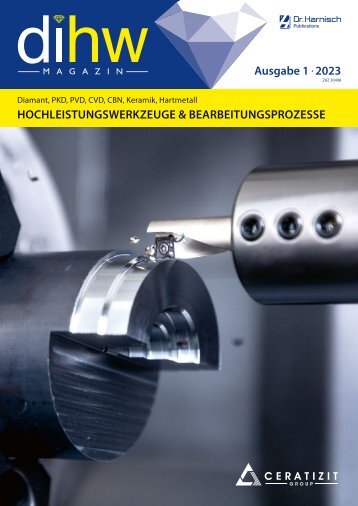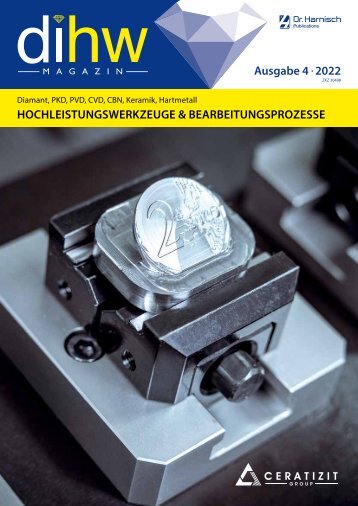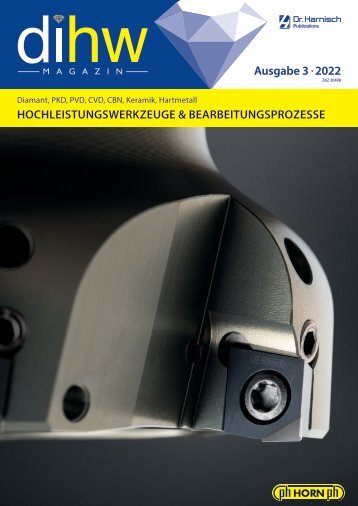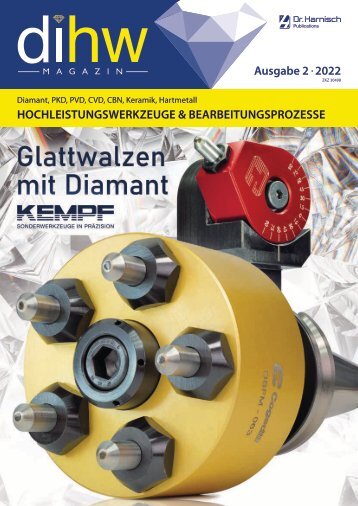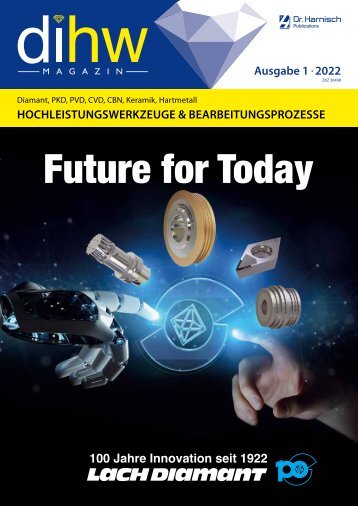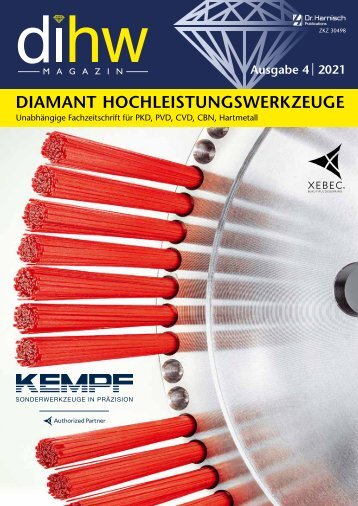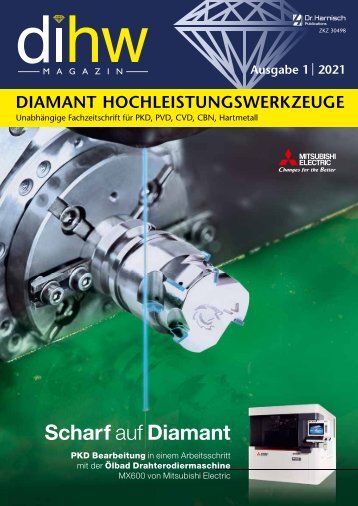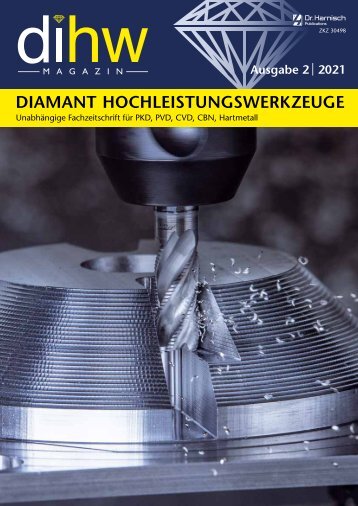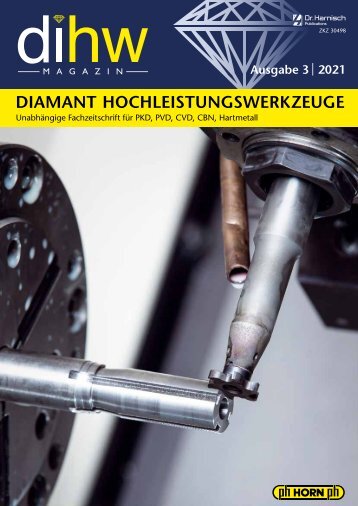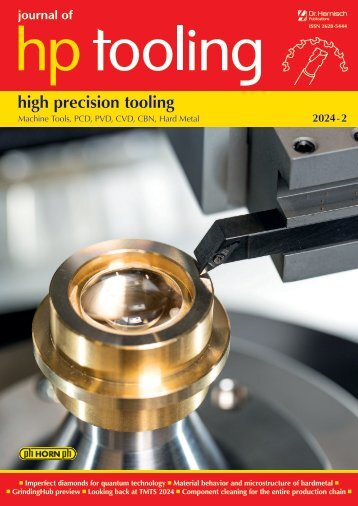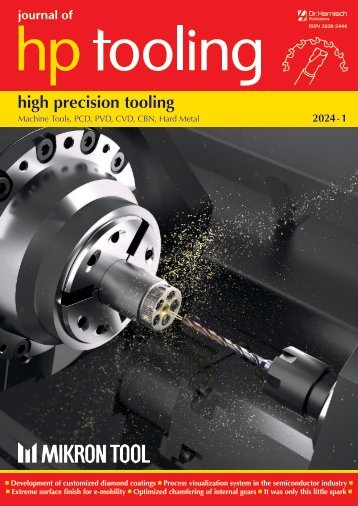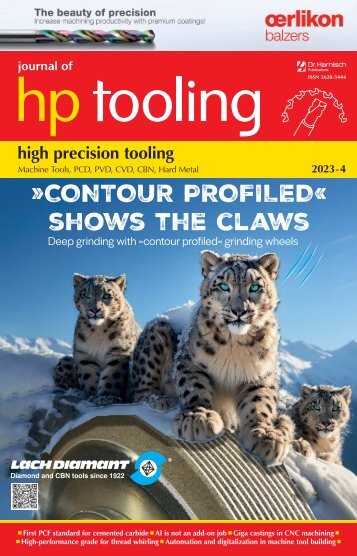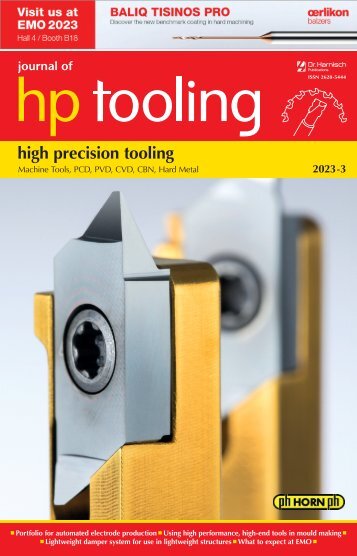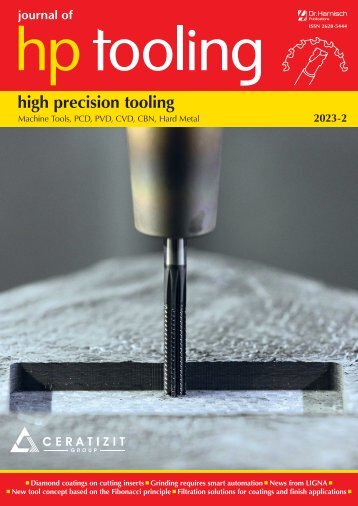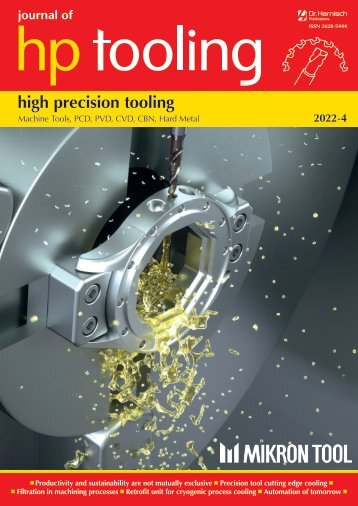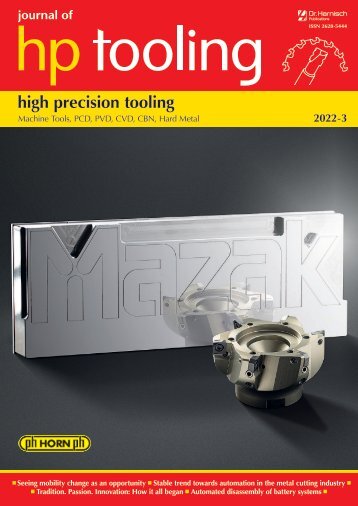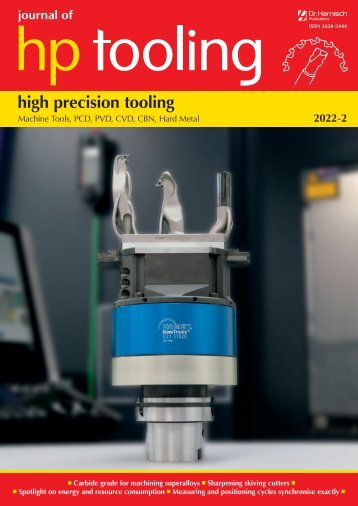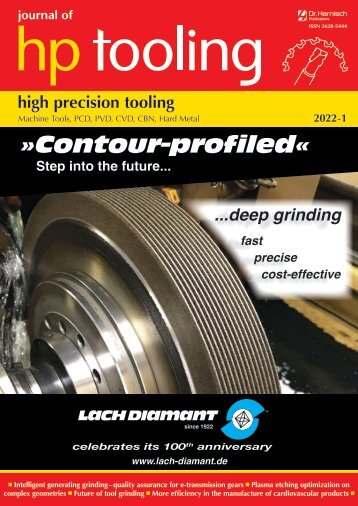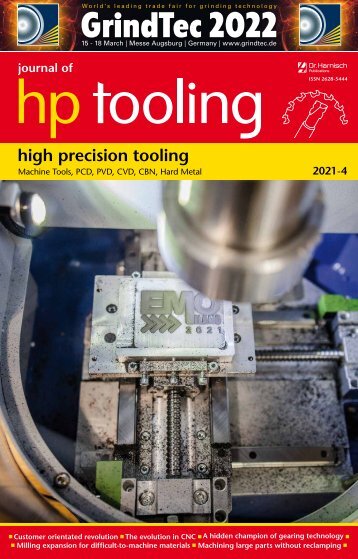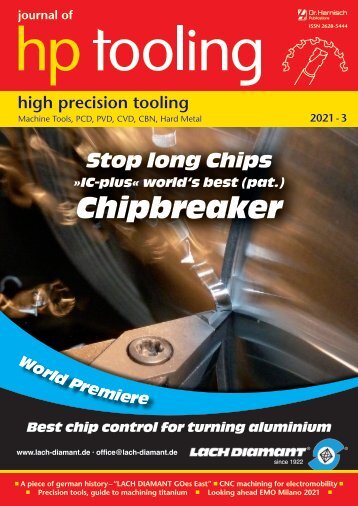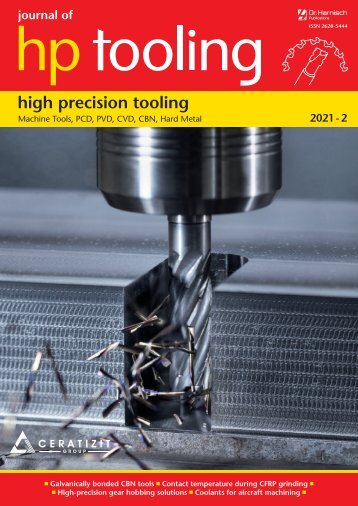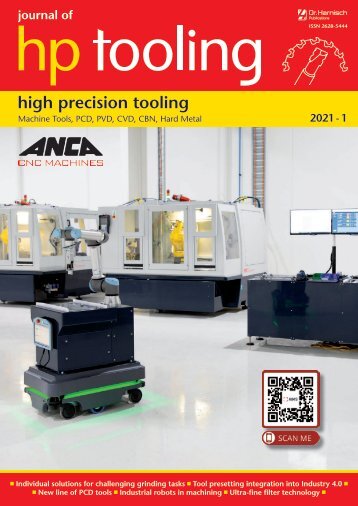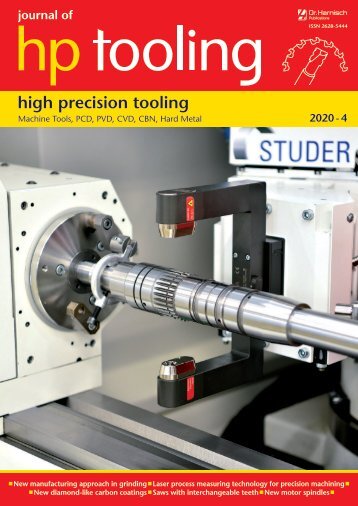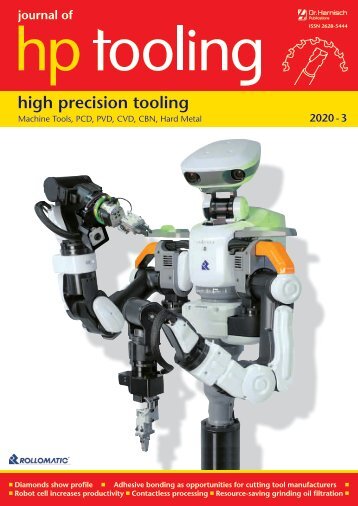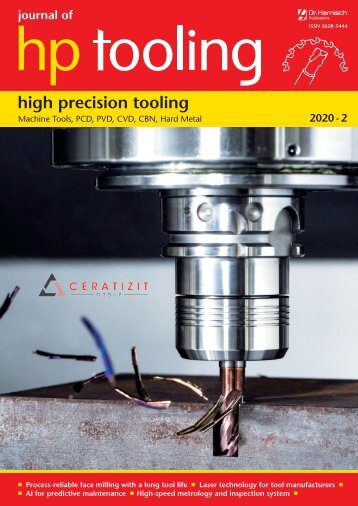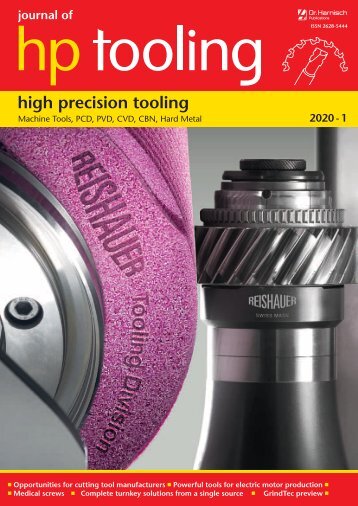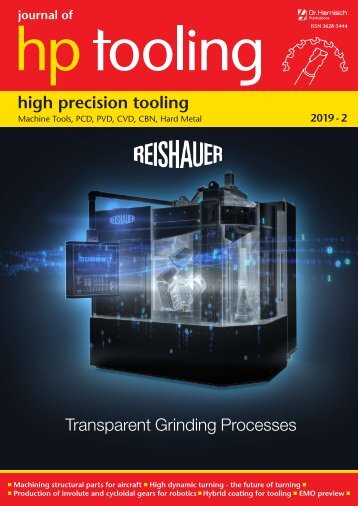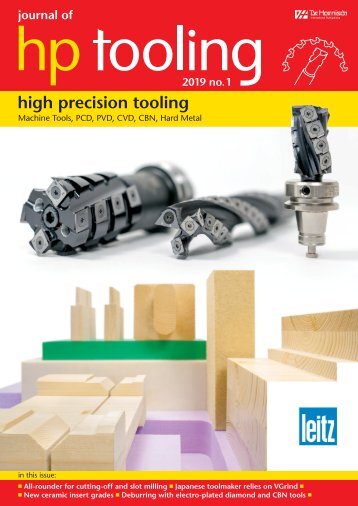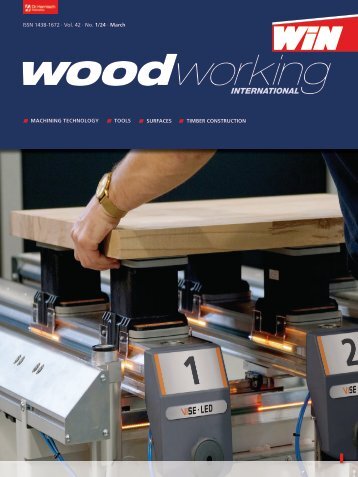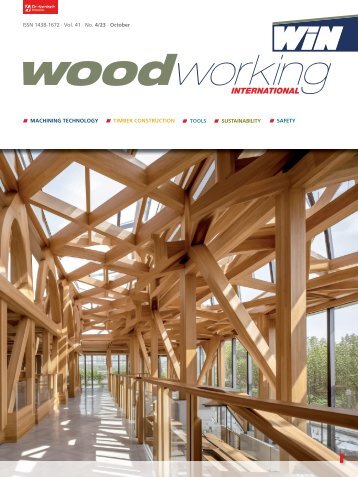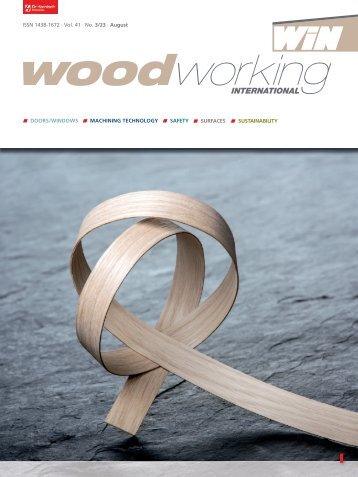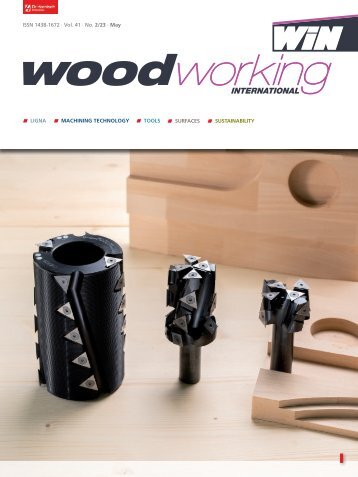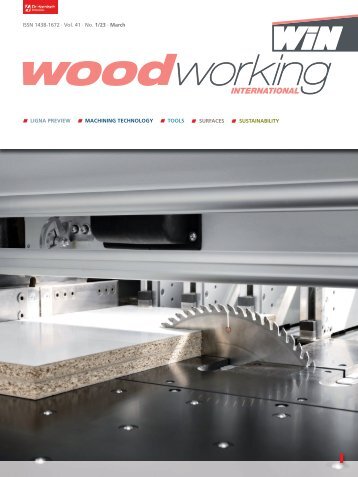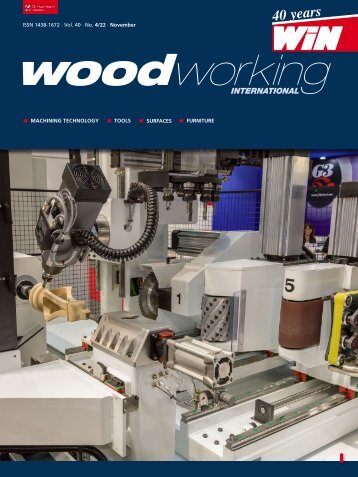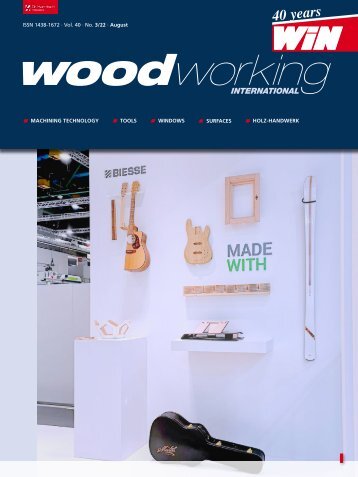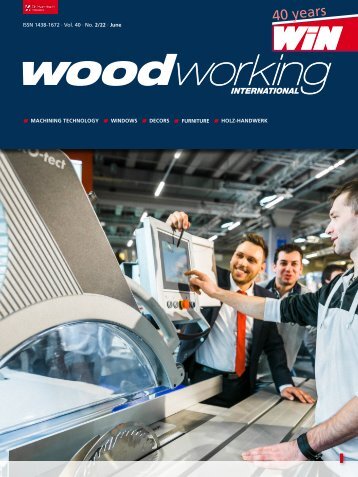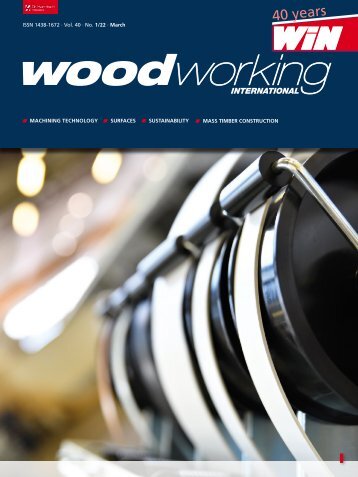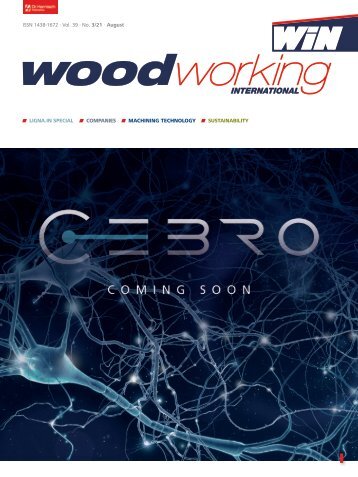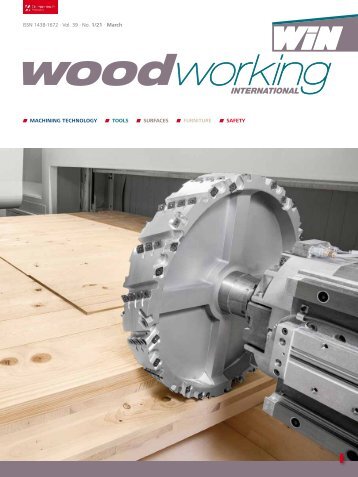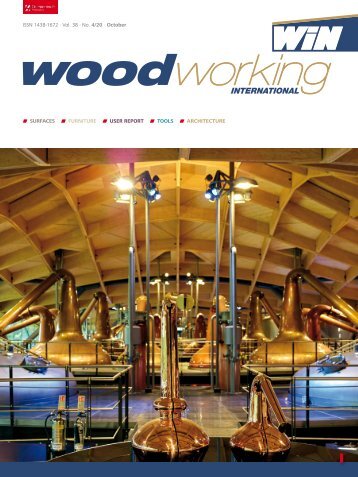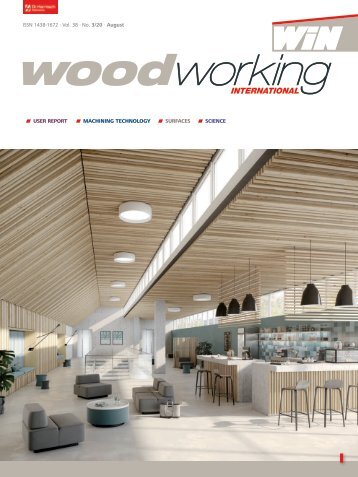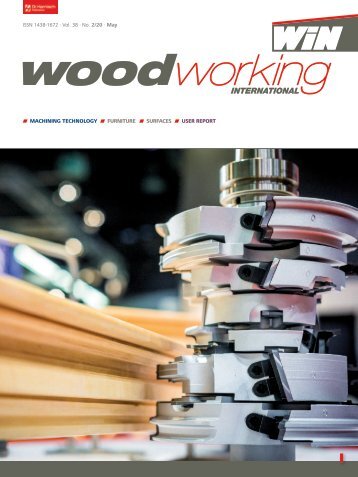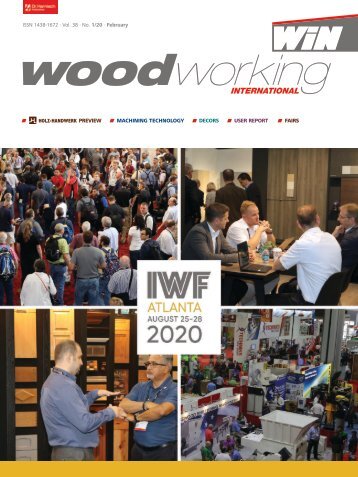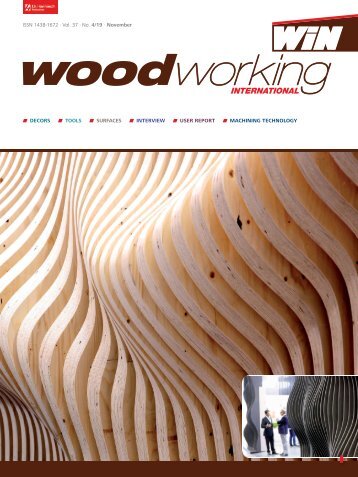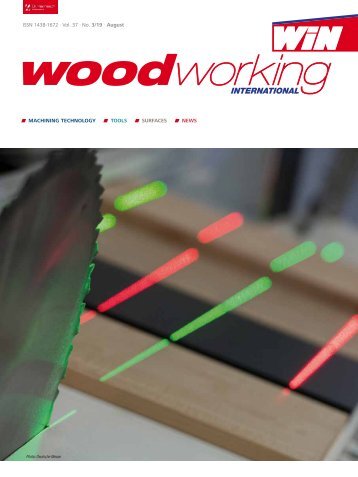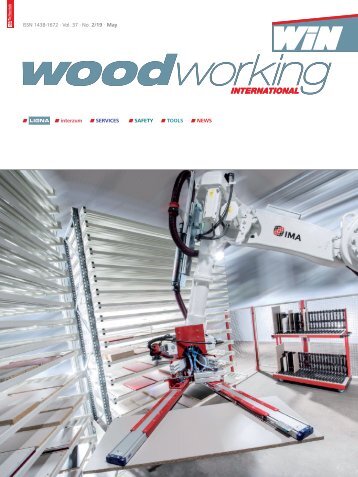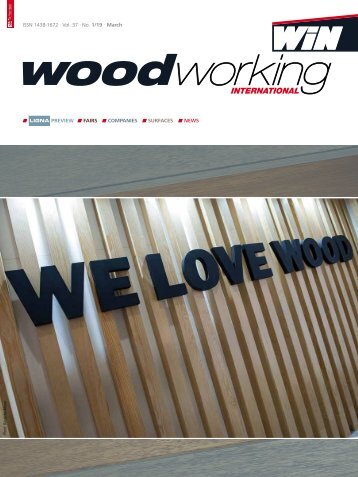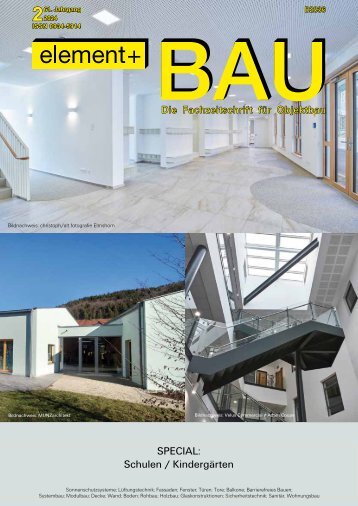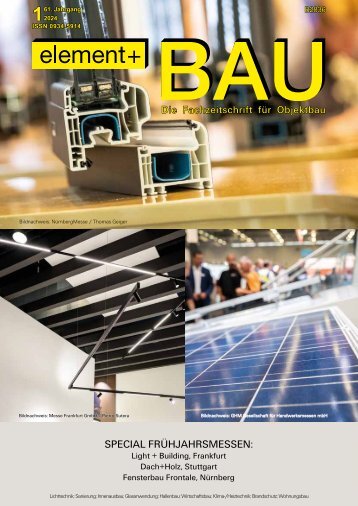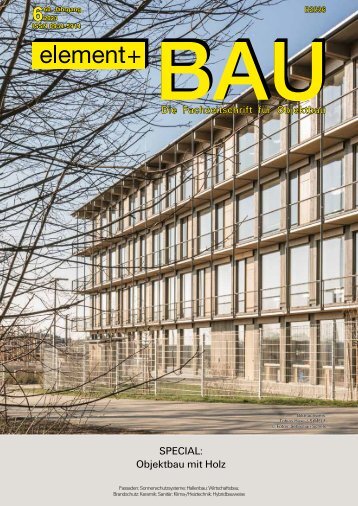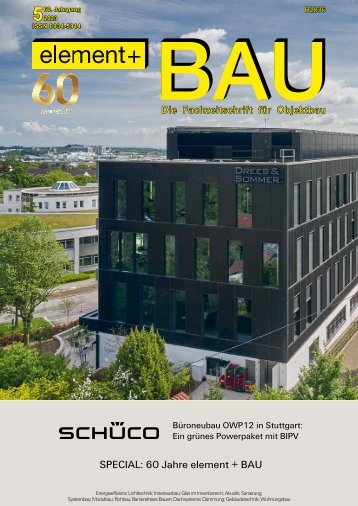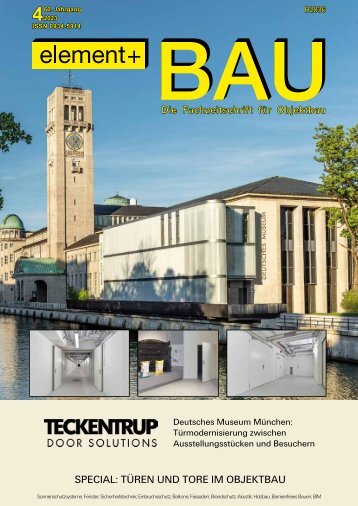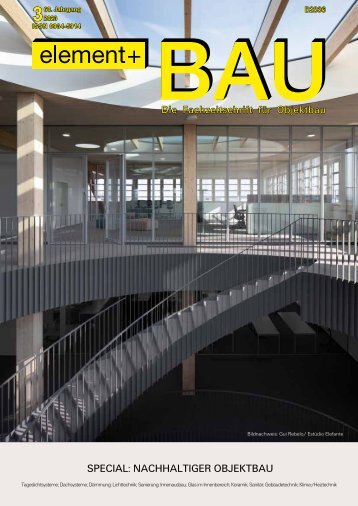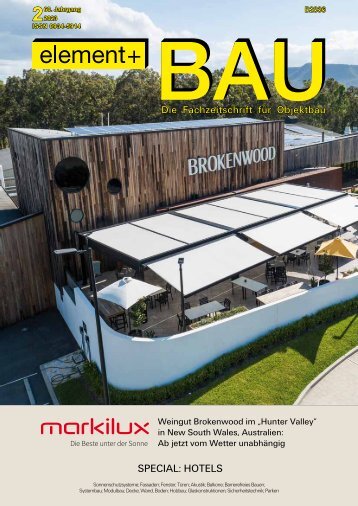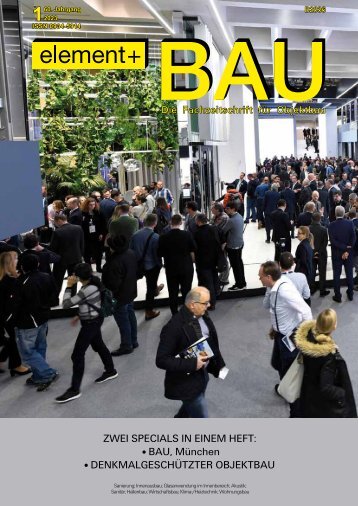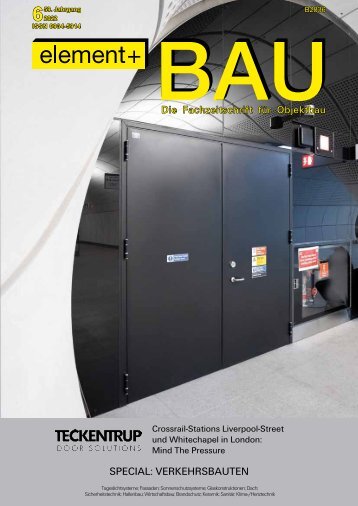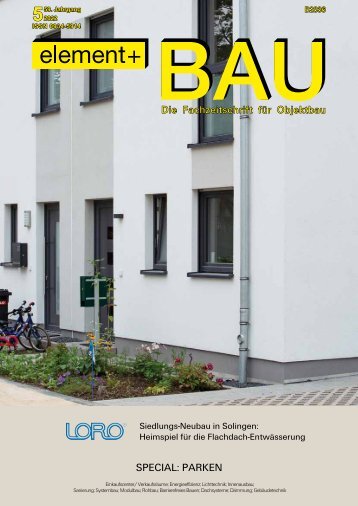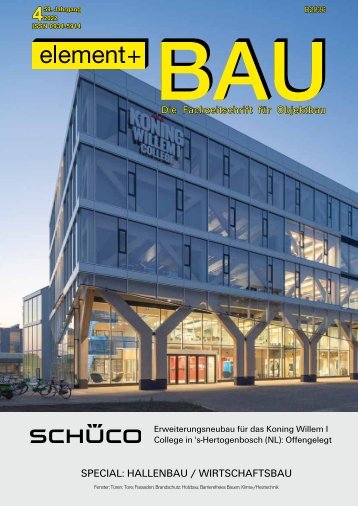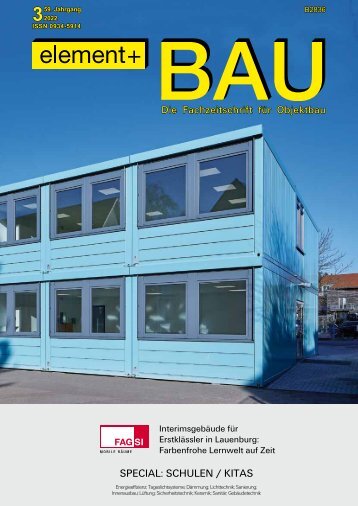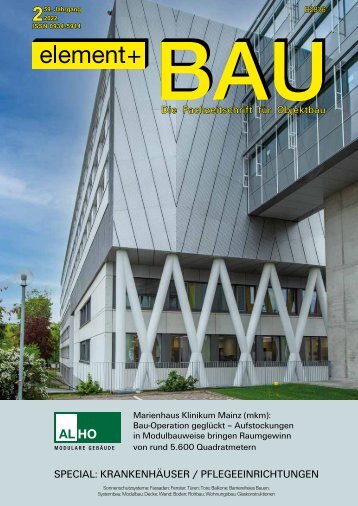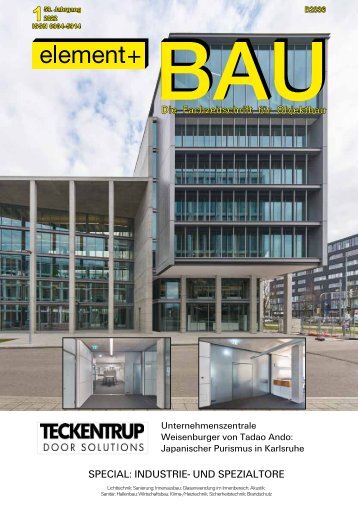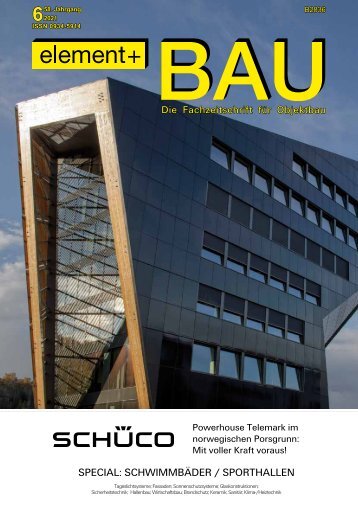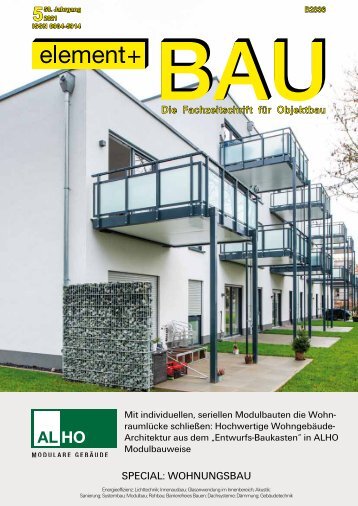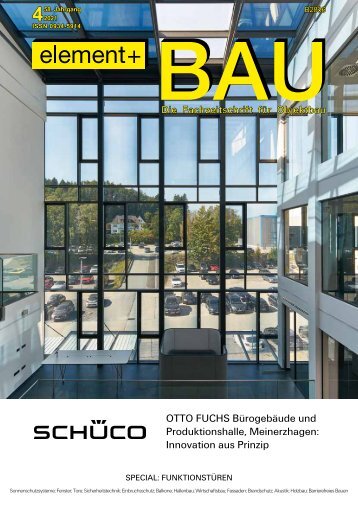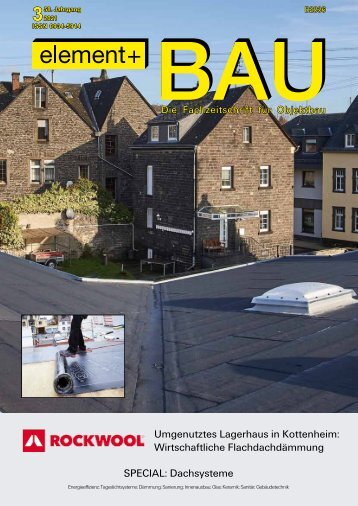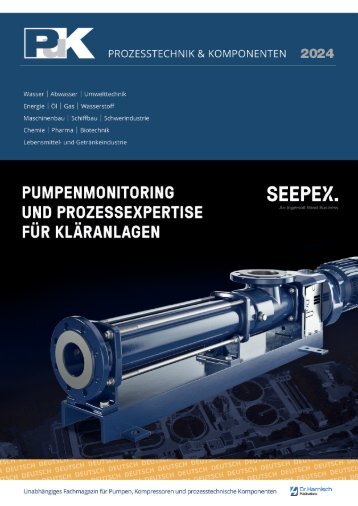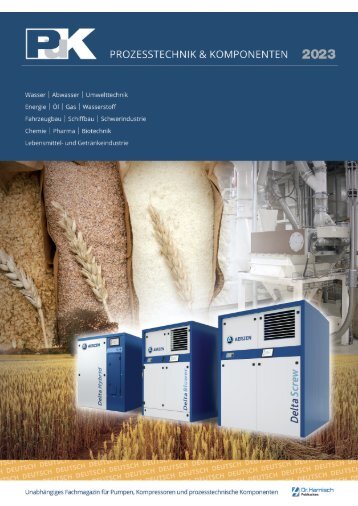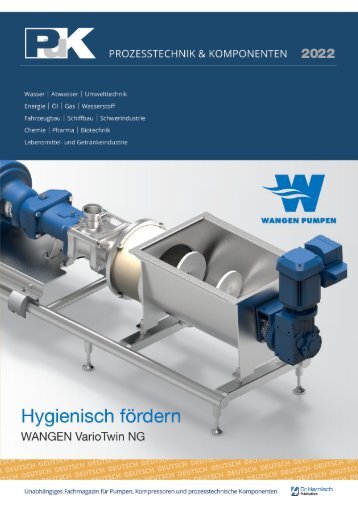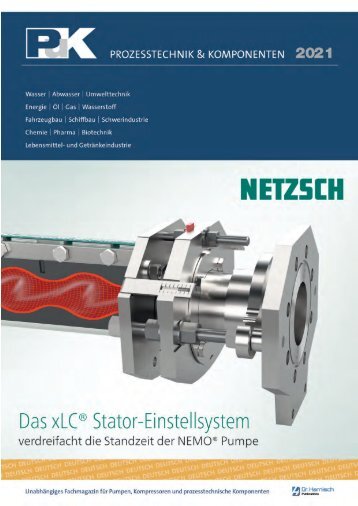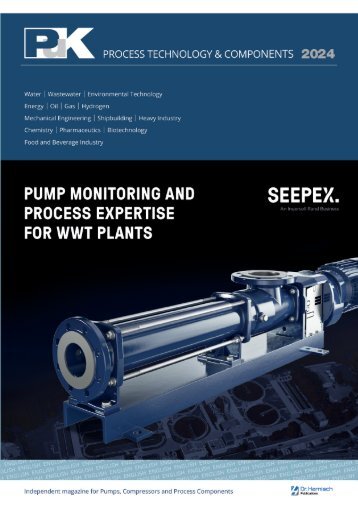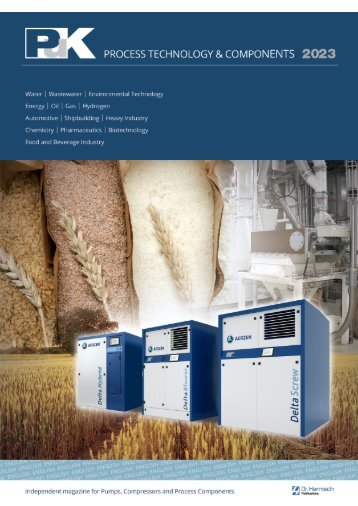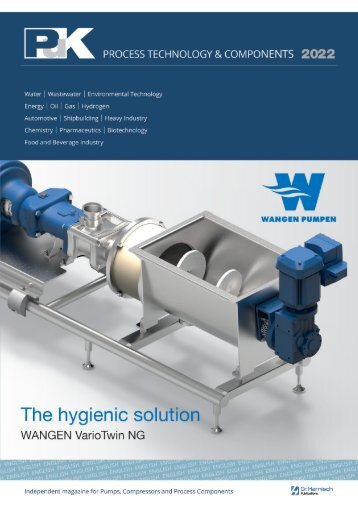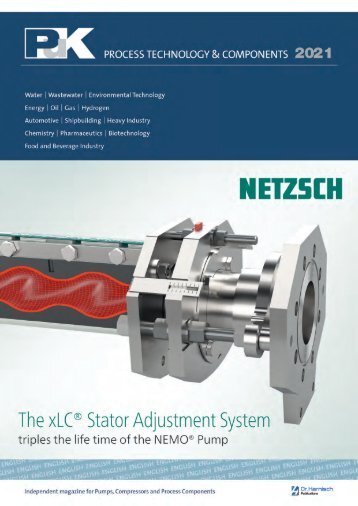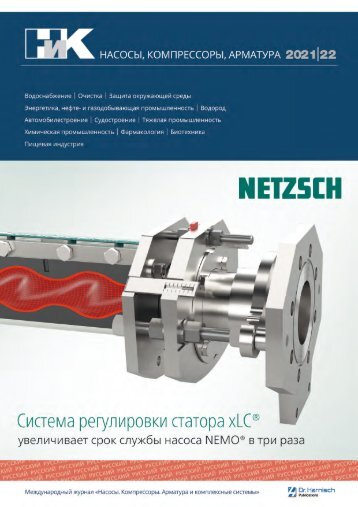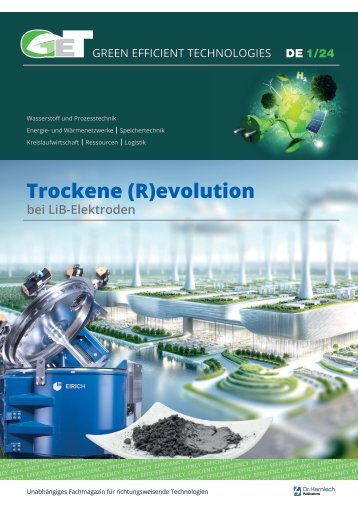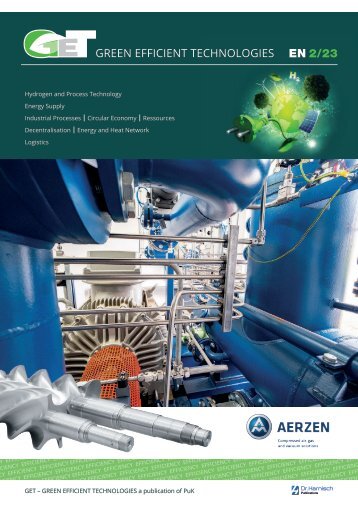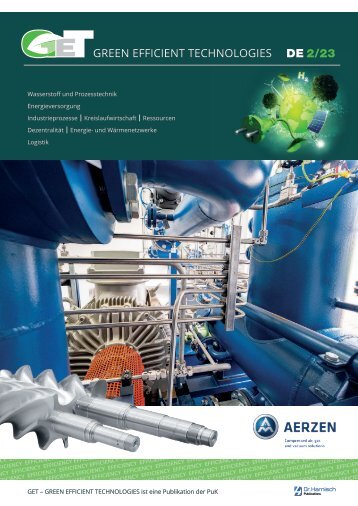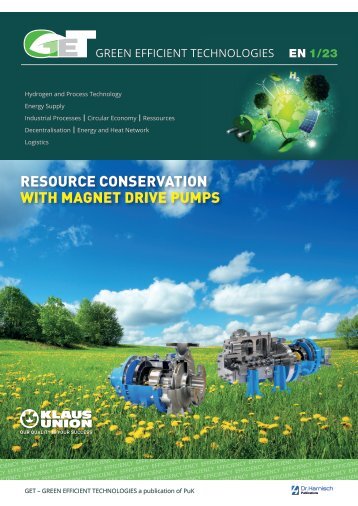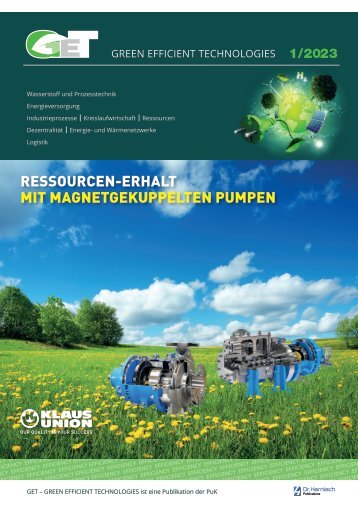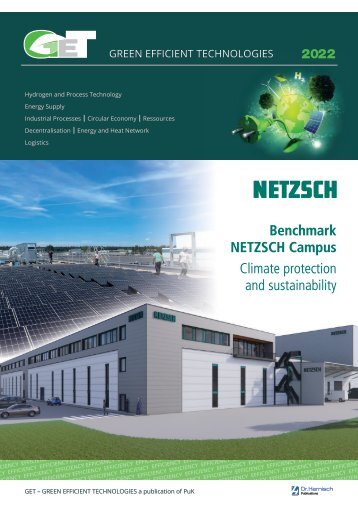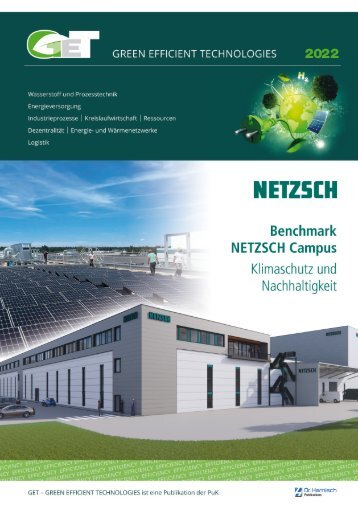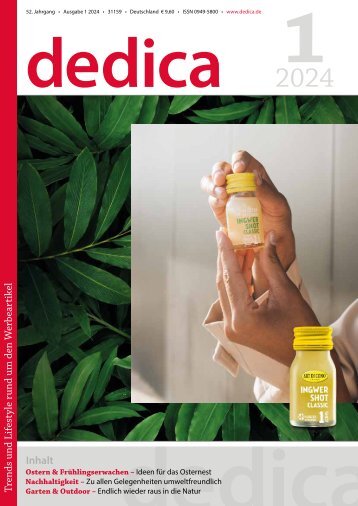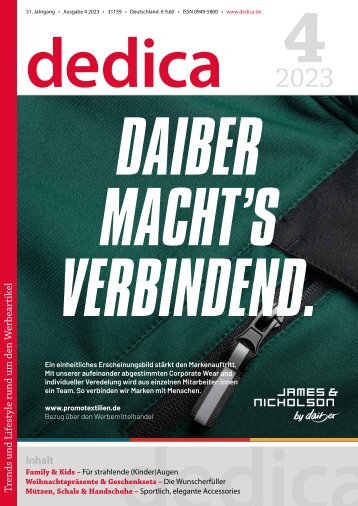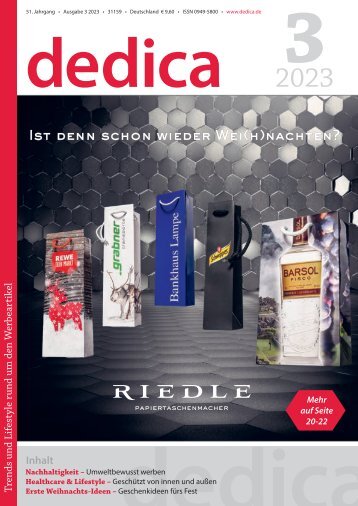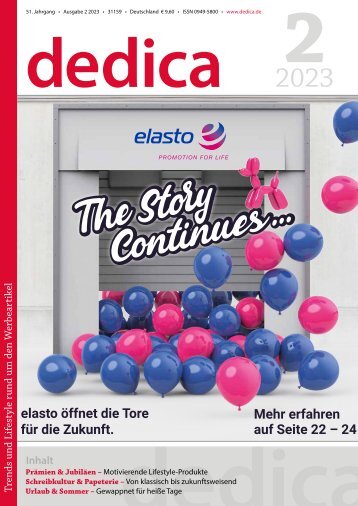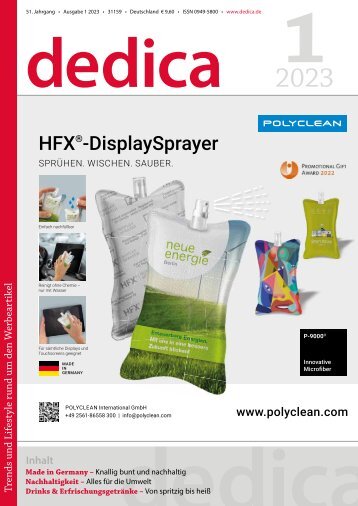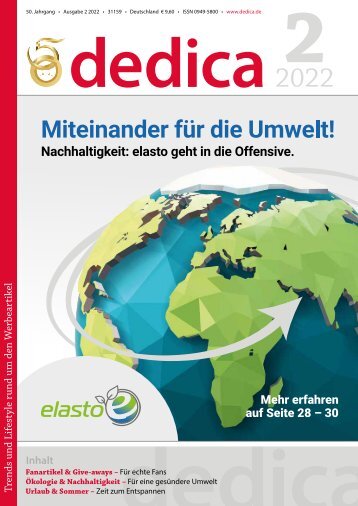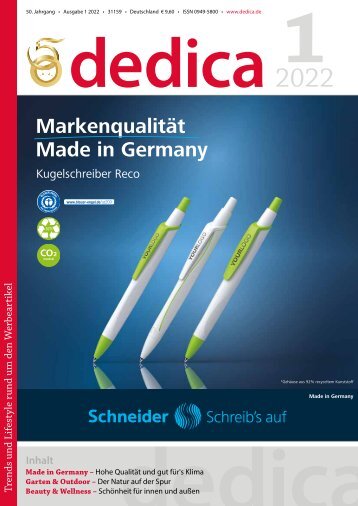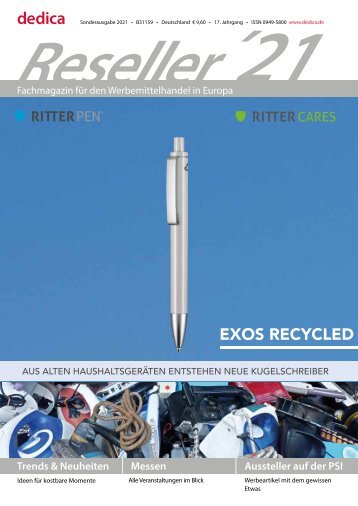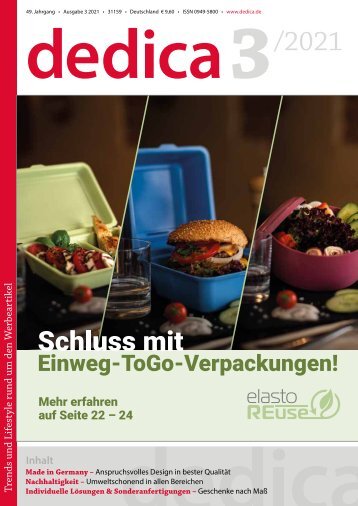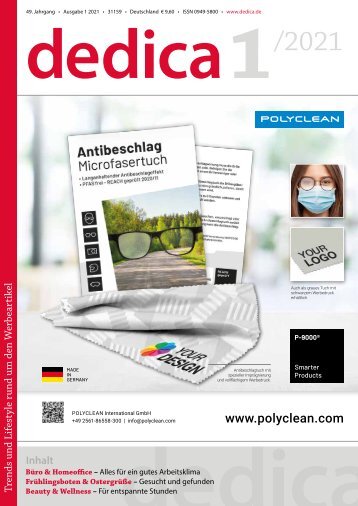GET – GREEN EFFICIENT TECHNOLOGIES – English Language
- Text
- Harnischcom
- Materials
- Valve
- Electricity
- Grid
- Valves
- Technologies
- Efficient
- Pumps
- Hydrogen
- Efficiency
Compressors and systems
Compressors and systems Biomethane as a fuel Using biomethane as a fuel – making climate protection economical! Helai Ammura Since 01.01.2021, new rules apply in the area of renewable energy subsidies, which force operators of biogas production plants to rethink: The subsidy entitlement from the “Renewable Energy Sources Act” (EEG) for the first generation of so-called “renewable energy (RE) plants”, which were subsidized for the last 20 years, has expired. This circumstance will affect an increasing number of sites in the future. However, for environmental and energy reasons, it would make absolutely no sense to discontinue operations. The good news is that despite the discontinuation of subsidies, operators have an economically interesting solution if they switch to an intelligent self-consumption concept. In this case, the fuel produced is not fully fed into the grid, as was previously the case, but is used – in a particularly attractive financial way – for tax-free refueling of the operator's own fleet. In recent years, the processing of biogas produced in the plant into biomethane has become increasingly established. As a CO 2 -neutral alternative to fossil natural gas, it has great climate protection potential. The political and economic conditions are currently more favourable than ever: with around 10,000 biogas plants, Germany is the frontrunner in terms of production [as of 2021]. The market is currently developing rapidly: biomethane had already been subsidized by means of feed-in tariffs for the last 20 years since the EEG 2000 decision came into force. The new resolution of 2021 stipulates that by 2050, electricity generated in Germany should be 100 % greenhouse-neutral. Furthermore, the EU's RED II27 (Renewable Energy Directive) sets a greenhouse gas reduction quota that requires companies to increase the share of renewable energy in fuels to 14 % by 2030. Refuelling solutions – climate protection with a system As a premium manufacturer and pioneer in the field of natural gas compression with more than 40 years of global experience, BAUER KOMPRESSOREN offers the necessary state-of-the-art technology in the form of customized turnkey refuelling systems from a single source. As a sustainability-oriented company certified in accordance with ISO 14001, the highest value is placed on actively promoting the achievement of climate protection and energy transition goals. It therefore strongly supports the continued operation of expiring RE plants in the biomethane sector. In general, the supplier’s refuelling systems are designed for operation with biomethane as well as with classic natural gas. They usually consist of a high- or medium-pressure compressor unit tailored to the refuelling requirements, a gas drying and filter system, the appropriate storage solution and the dispenser. The sophisticated modular system design enables fast and uncomplicated installation as well as integration into existing infrastructures. Tailored to the respective requirements, plant variants with low, medium and high daily outputs are available, as the following examples illustrate: Waldkraiburg depot filling station – A compact and particularly economical solution The energy provider ESB Südbayern had a filling station designed here for its Waldkraiburg depot to refuel its own customer service fleet, consisting of natural gas-powered minivans. Public refuelling was not planned. In accordance with the customer's requirements, the supplier focused in particular on a compact design and economic efficiency when designing the system. The small and compact module consists of a compressor with volume Fig. 1: Waldkraiburg Mini Fill ECO 120 (B800, Fast fill post) 24 GREEN EFFICIENT TECHNOLOGIES 2022
Compressors and systems Biomethane as a fuel Fig. 3: Fast fill/slow fill post dispensing station Here, the vehicles are refuelled directly from the compressor. For technical reasons, the refuelling times vary greatly. An ideal application scenario is the refuelling of vehicles during the night hours. Biogas filling station Coesfeld – Powerful stand-alone solution in container design The organic wholesaler Weiling GmbH from Coesfeld, west of Münster, is also consistently focusing on sustain ability. In the future, the vehicle fleet for transporting products to customers throughout Germany will be powered by regeneratively produced biomethane. As there were no suitable refuelling facilities in the immediate vicinity, the company decided to build its own station near the factory premises and commissioned the Bavarian supplier to carry out the project planning and turnkey installation. The significantly higher refuelling volume required resulted in a completely different requirement profile: With a delivery volume of almost 500 m 3 /h, the station is designed to safely supply the company's current 20 semi- trailer trucks during ongoing operation and also offers generous reserves to easily cover the planned expansion of the fleet to 30 trucks. Thanks to its modular design, the refuelling capacity can be further expanded at a later date by installing additional storage banks. Biomethane/natural gas complete refuelling systems, which are installed stand-alone, are built in container solutions. Compared to the installation in Waldkraiburg, the much larger and more powerful module consists of a compressor with a volume flow of 500 Nm 3 /h, or 360 kg/h, an intake pressure of 3.9 barg and an output pressure of 300 bar. In continuous Fig. 2: B800 Storage module flows between 11–51 Nm 3 /h, or 7.9–36.7 kg/h, intake pressures between 0.05–4 barg and an output pressure of 300 bar. In continuous operation, the daily delivery rate of the compressor unit is between 190– 880 kg in 24 h. The unit has integrated filter and post-drying cartridges installed on the high-pressure side, which clean the compressed gas and remove the residual moisture from it. The high-pressure gas storage system is made up of individual highpressure cylinders mounted together on a frame. The standard capacity is up to 42 high-pressure storage cylinders, each with a filling volume of 80 litres per storage module. Thus, capacities of 265 m 3 up to 1105 m 3 natu ral gas geometric filling volume at 300 bar can be realized. Since no public refuelling is planned here, a “Fill post” is used as a dispenser. This model was specially developed for simple, temperaturecompensated and cost-saving refuelling. The dispenser series is very often used in natural gas fueling stations at depots, especially when they are not staffed. Depending on the fill size of the refuelling volume and the compressor model, refuelling times of about 5 minutes are achieved when using the “Fast fill post” version used here. For applications where the refuelling time is not of primary importance, the Munich-based manufacturer offers as a variant the “Slow fill post” without integrated storage module. Fig. 4: Coesfeld CS 26.12 (B3360, Gilbarco dispenser) GREEN EFFICIENT TECHNOLOGIES 2022 25
- Seite 1 und 2: GREEN EFFICIENT TECHNOLOGIES 2022 H
- Seite 3 und 4: Editorial Hydrogen in the atmospher
- Seite 5 und 6: HAMPRO® HIGH-PRESSURE PROCESS TECH
- Seite 7 und 8: HOW EFFICIENT IS YOUR HYDROGEN COMP
- Seite 9 und 10: Leading article combustible waste (
- Seite 11 und 12: NEW: THE ELECTRIC STEAM GENERATOR [
- Seite 13 und 14: Cover story Fig. 3: In the course o
- Seite 15 und 16: From the research Hydrogen operate
- Seite 17 und 18: From the research Hydrogen Hydrogen
- Seite 19 und 20: Pumps and systems Seawater desalina
- Seite 21 und 22: Driving the world Intelligent power
- Seite 23: Compressors and systems Hydrogen -
- Seite 27 und 28: Compressors and systems Biomethane
- Seite 29 und 30: Components Hydrogen energy from ful
- Seite 31 und 32: FILTECH Fig. 4: A total of eight en
- Seite 33 und 34: Components Elastomer seals and biol
- Seite 35 und 36: lit modular casing UMPE less steel,
- Seite 37 und 38: Components Radar sensor Fig. 3: The
- Seite 39 und 40: Components 3-phase decanter Fig. 2:
- Seite 41 und 42: Components Sustainable concrete the
- Seite 43 und 44: Trade fairs and events VALVE WORLD
- Seite 45 und 46: Trade fairs and events FILTECH 2023
- Seite 47 und 48: Companies - Innovations - Products
- Seite 49 und 50: Companies - Innovations - Products
- Seite 51 und 52: Companies - Innovations - Products
- Seite 53 und 54: Companies - Innovations - Products
- Seite 55 und 56: Brand name register NETZSCH Pumpen
- Seite 57 und 58: Come and see for yourself: www.harn
Unangemessen
Laden...
Magazin per E-Mail verschicken
Laden...
Einbetten
Laden...




















